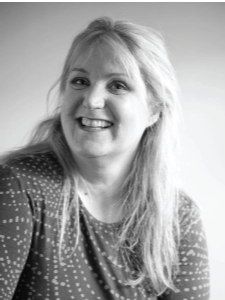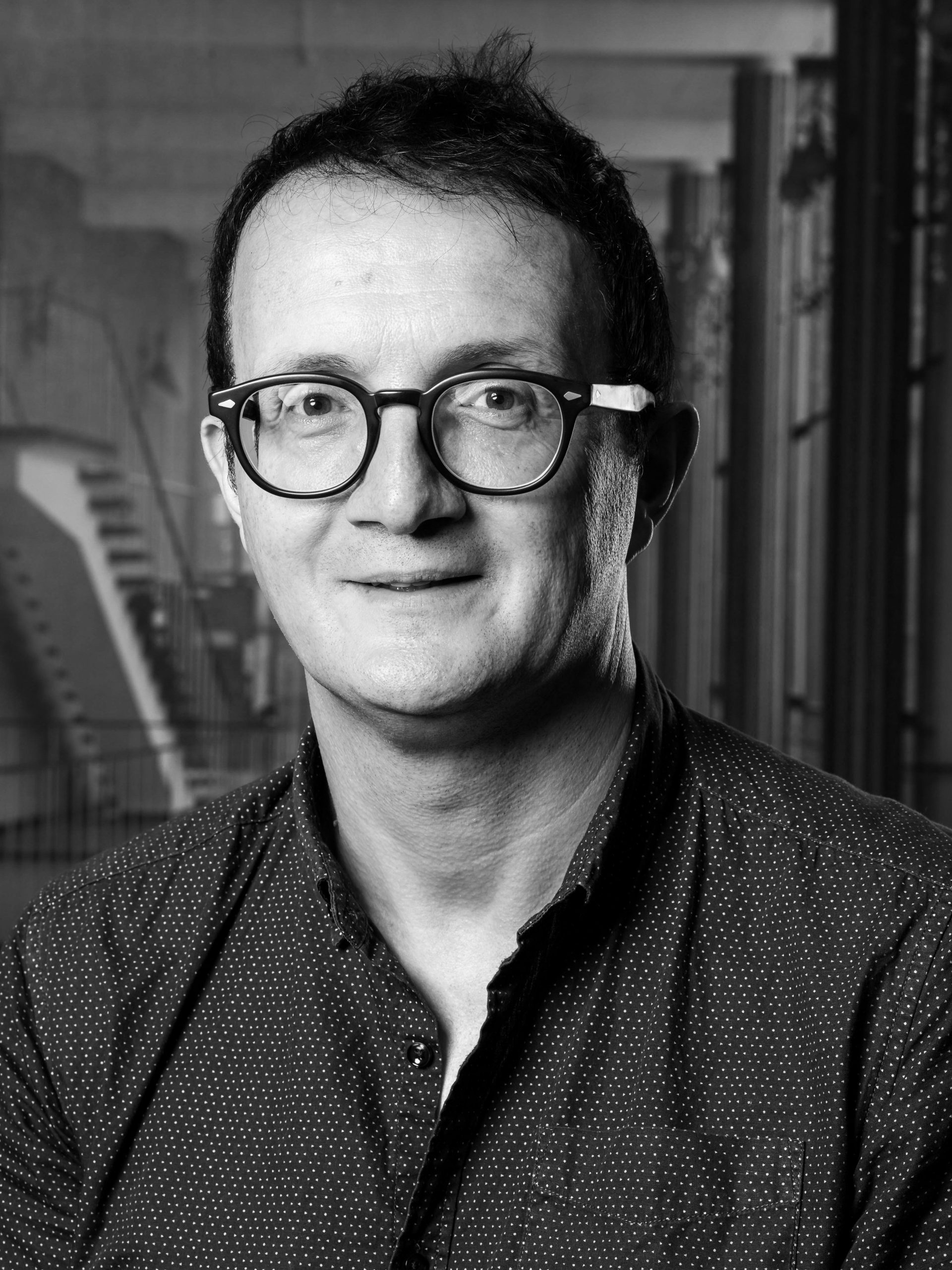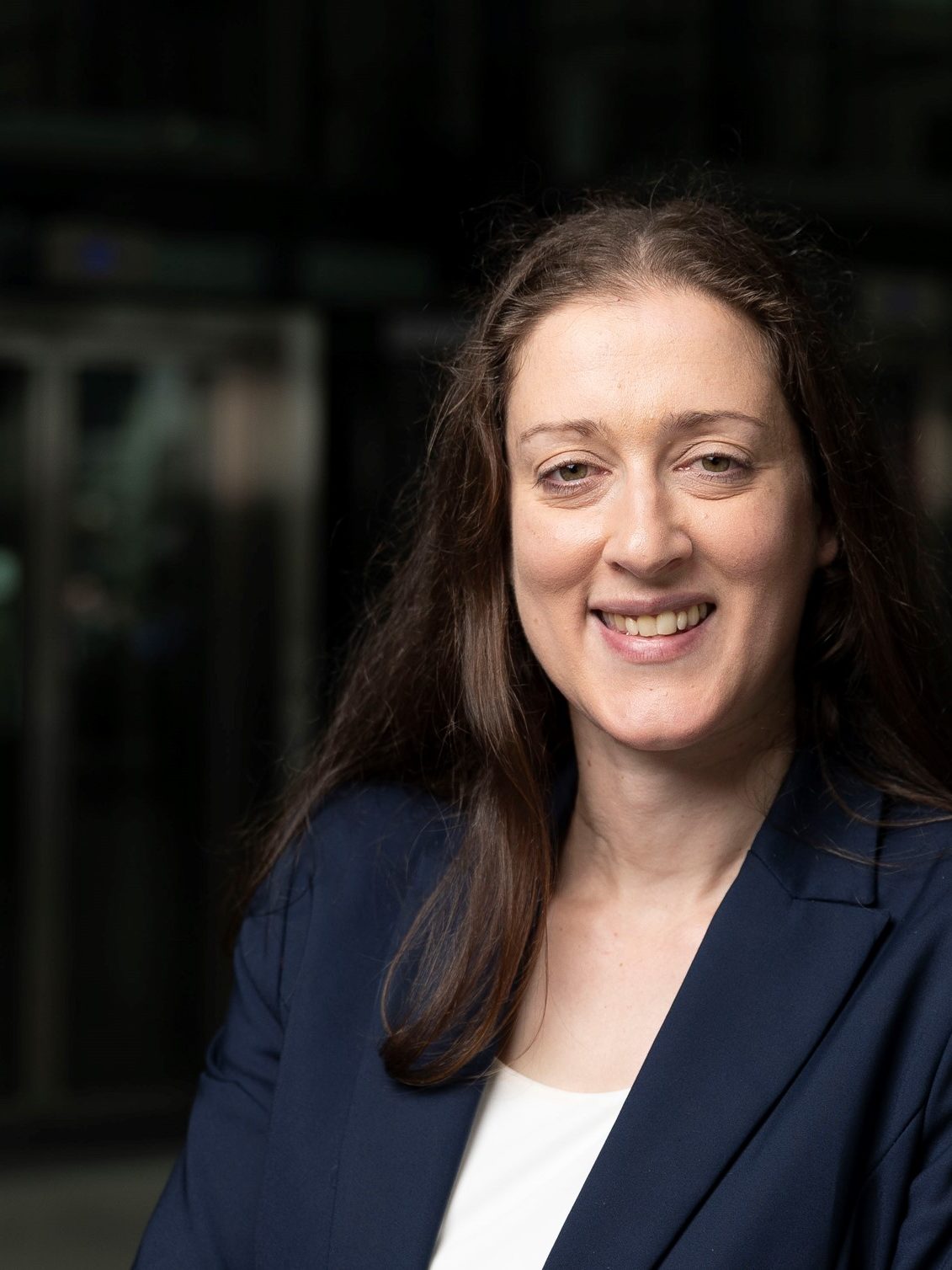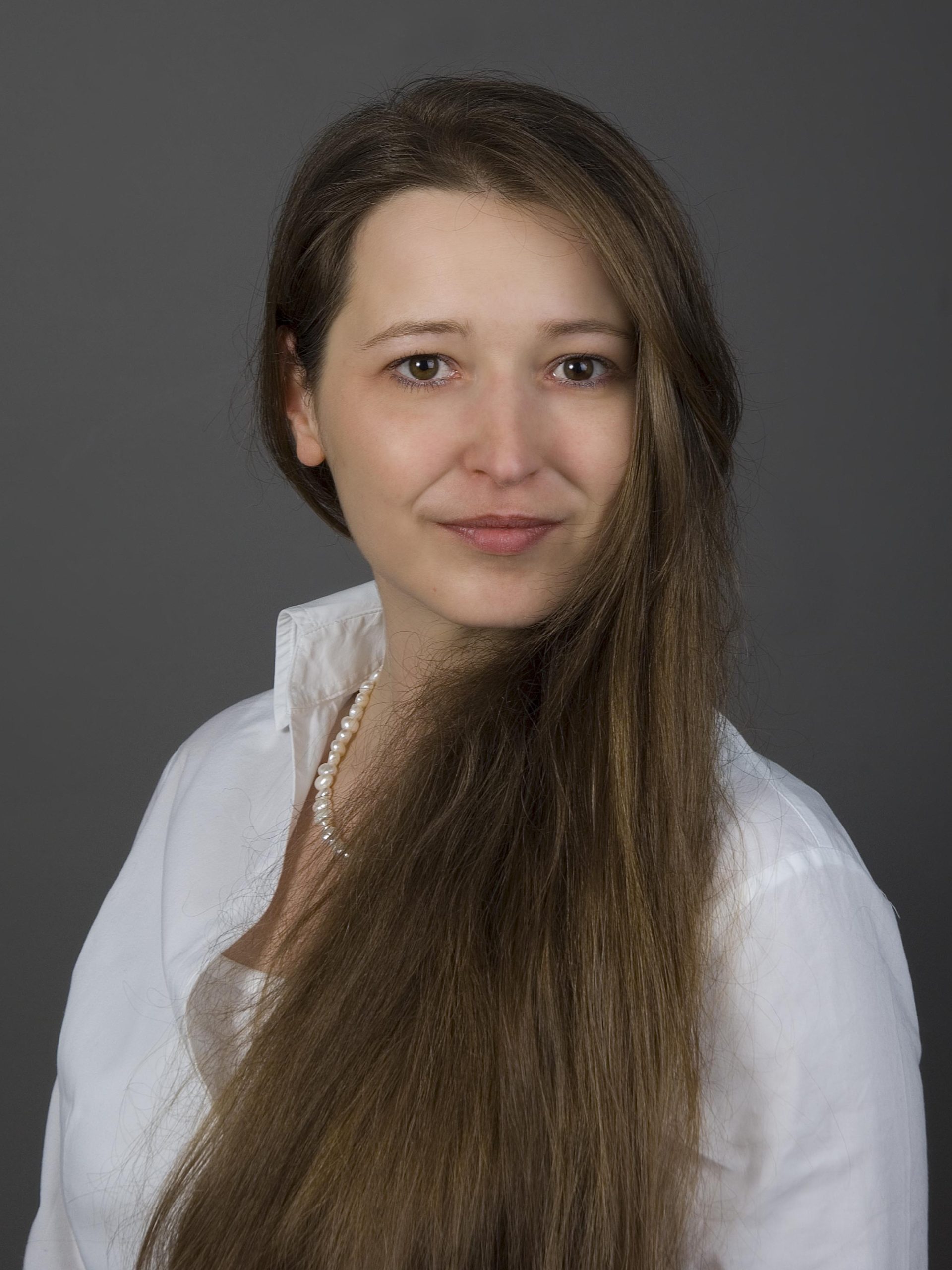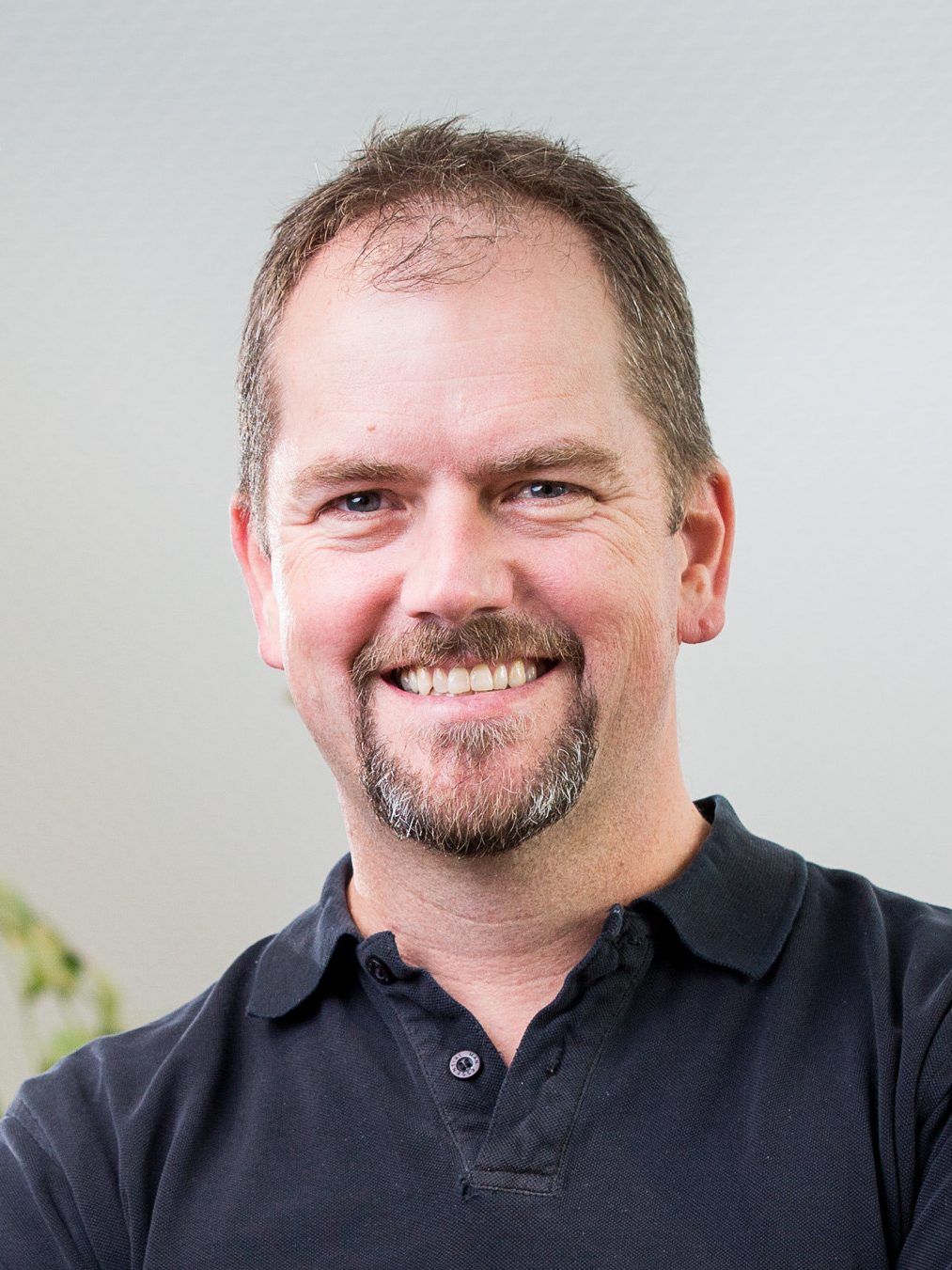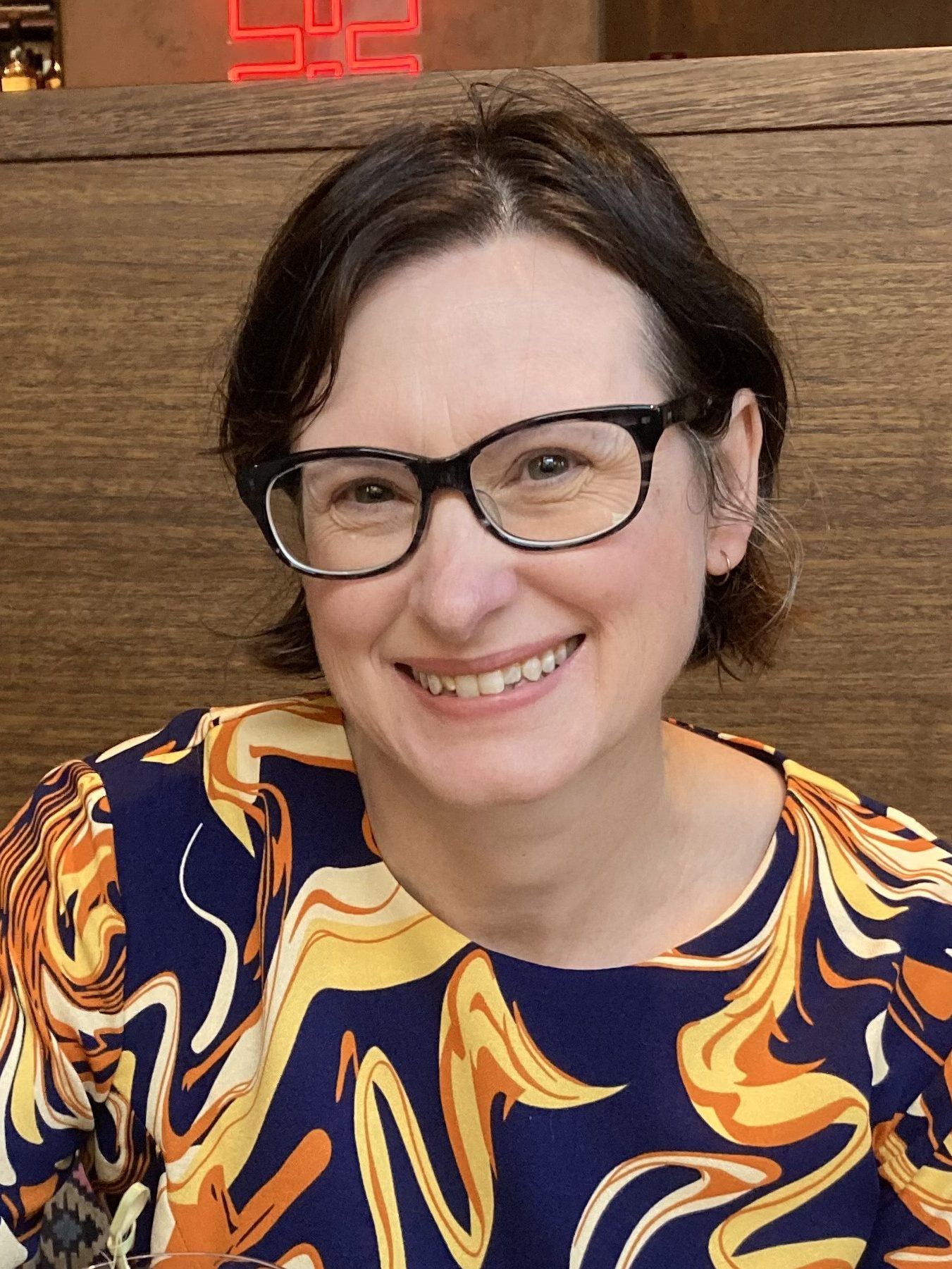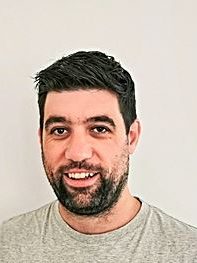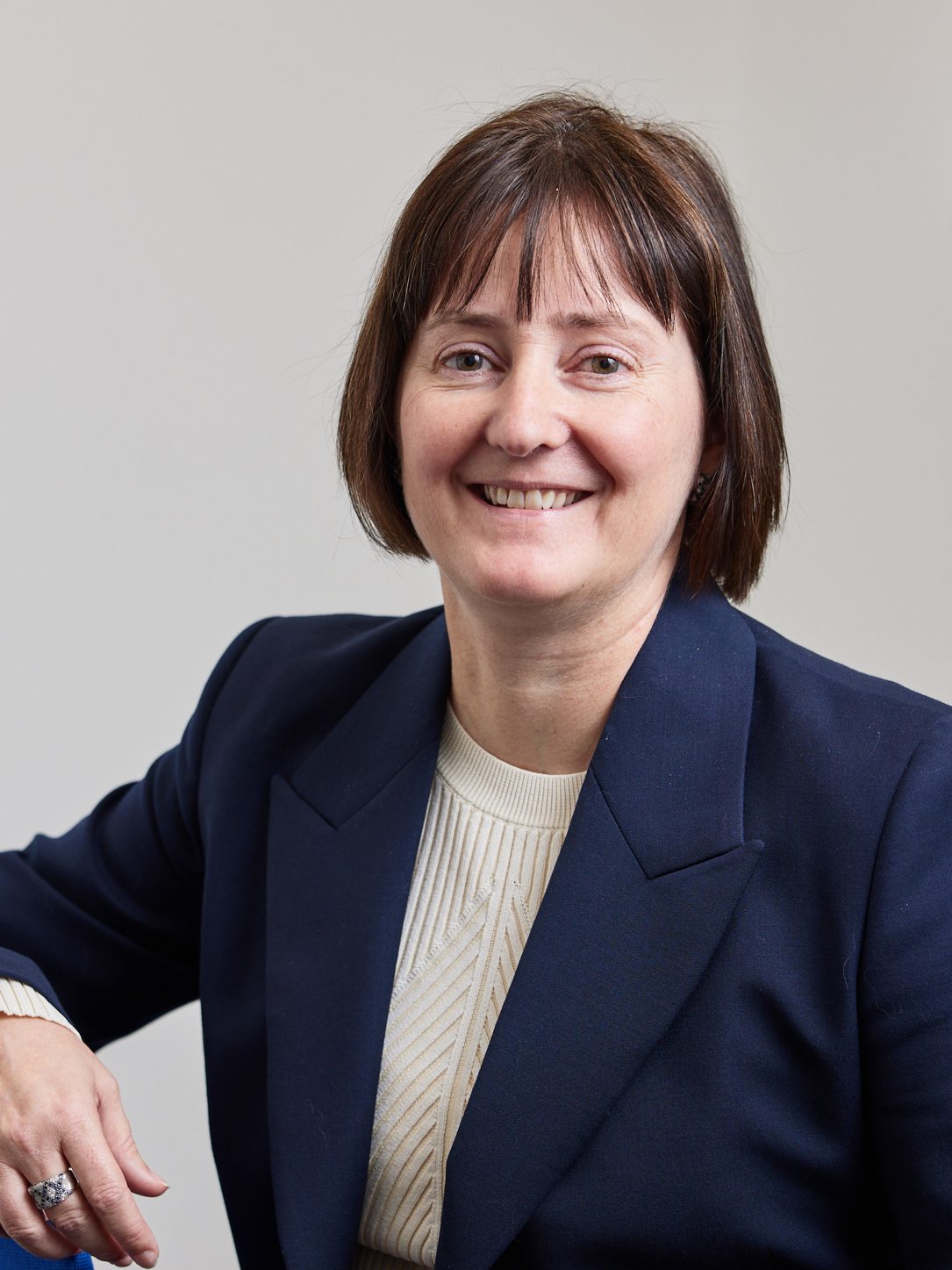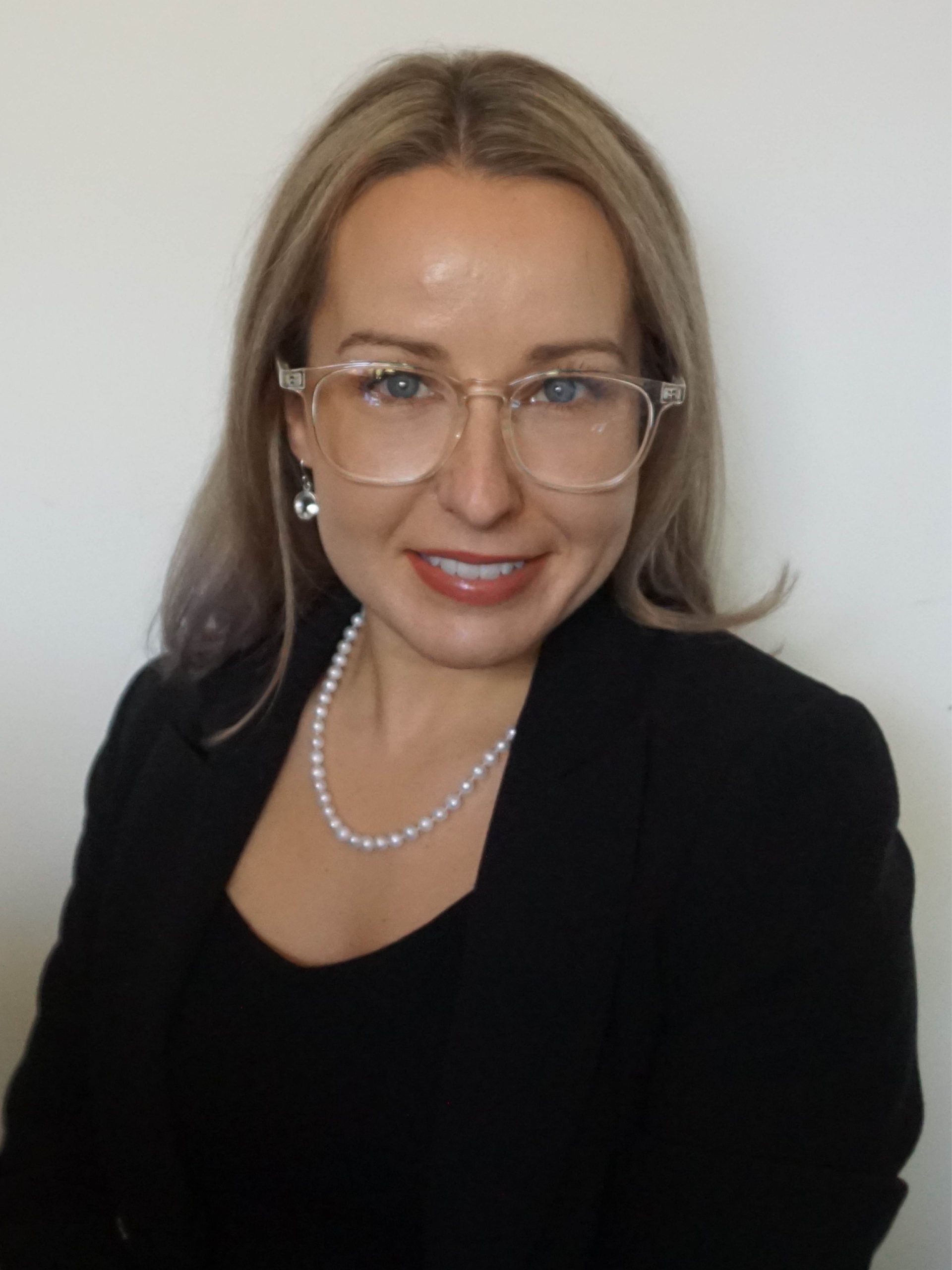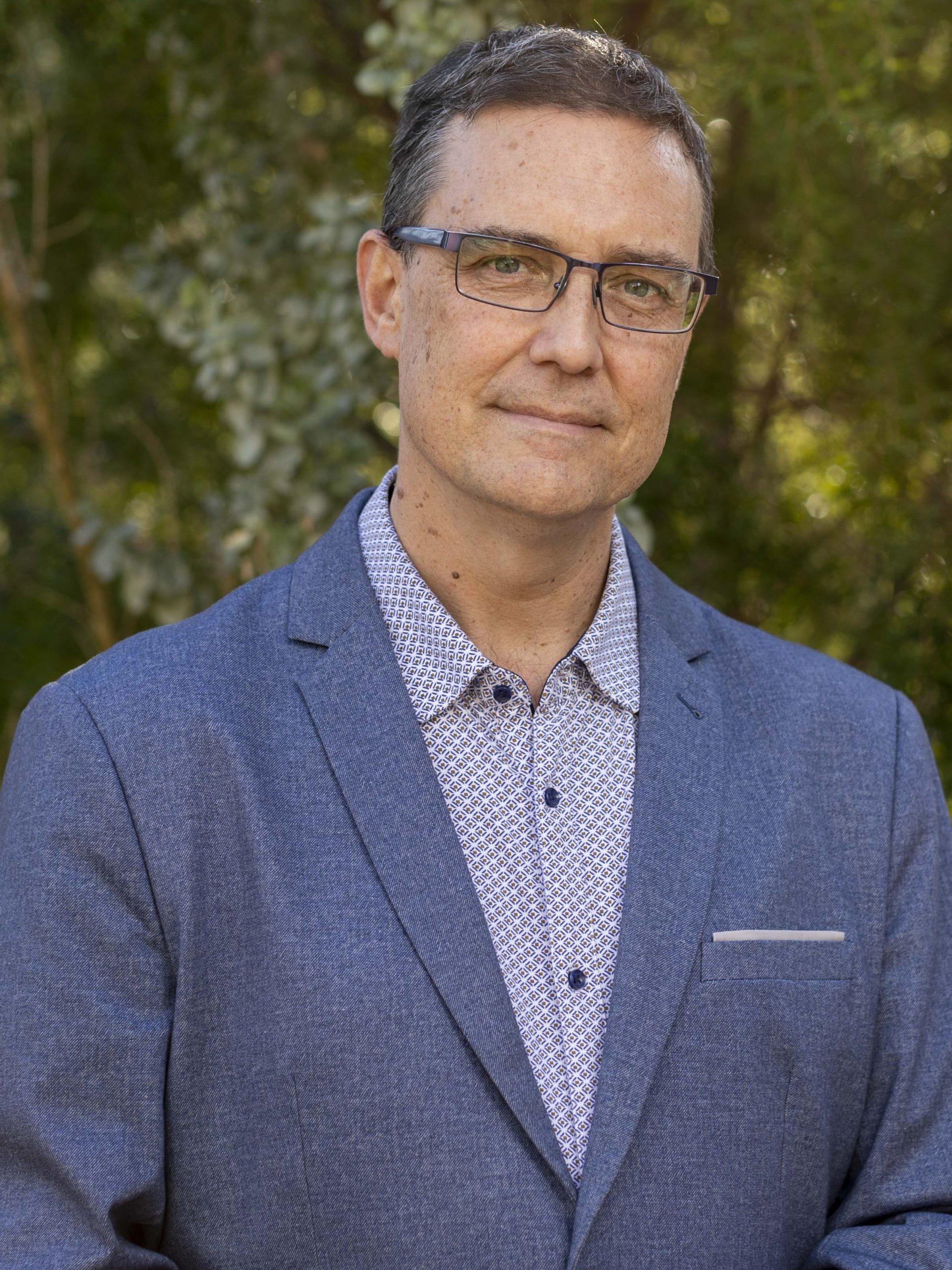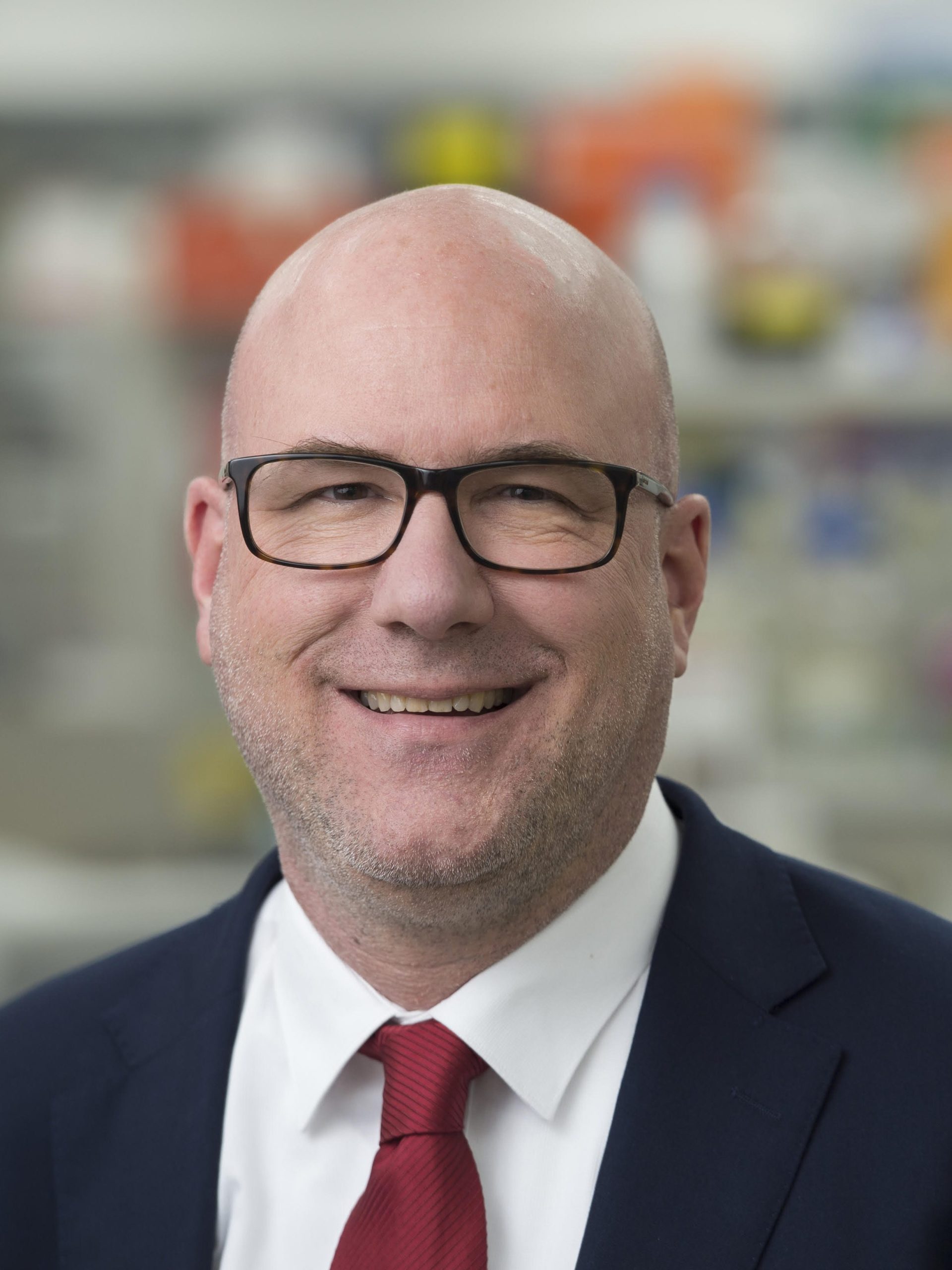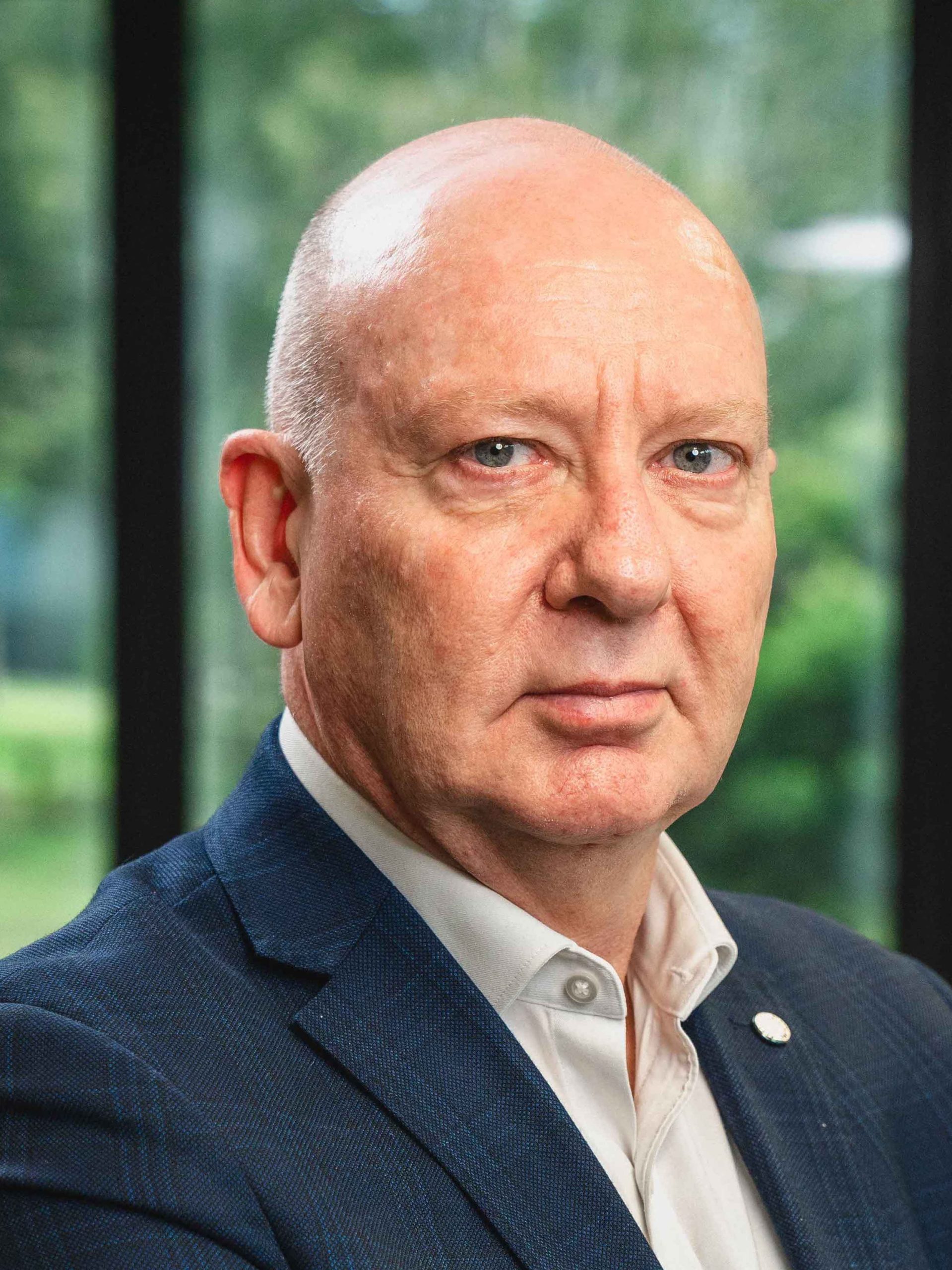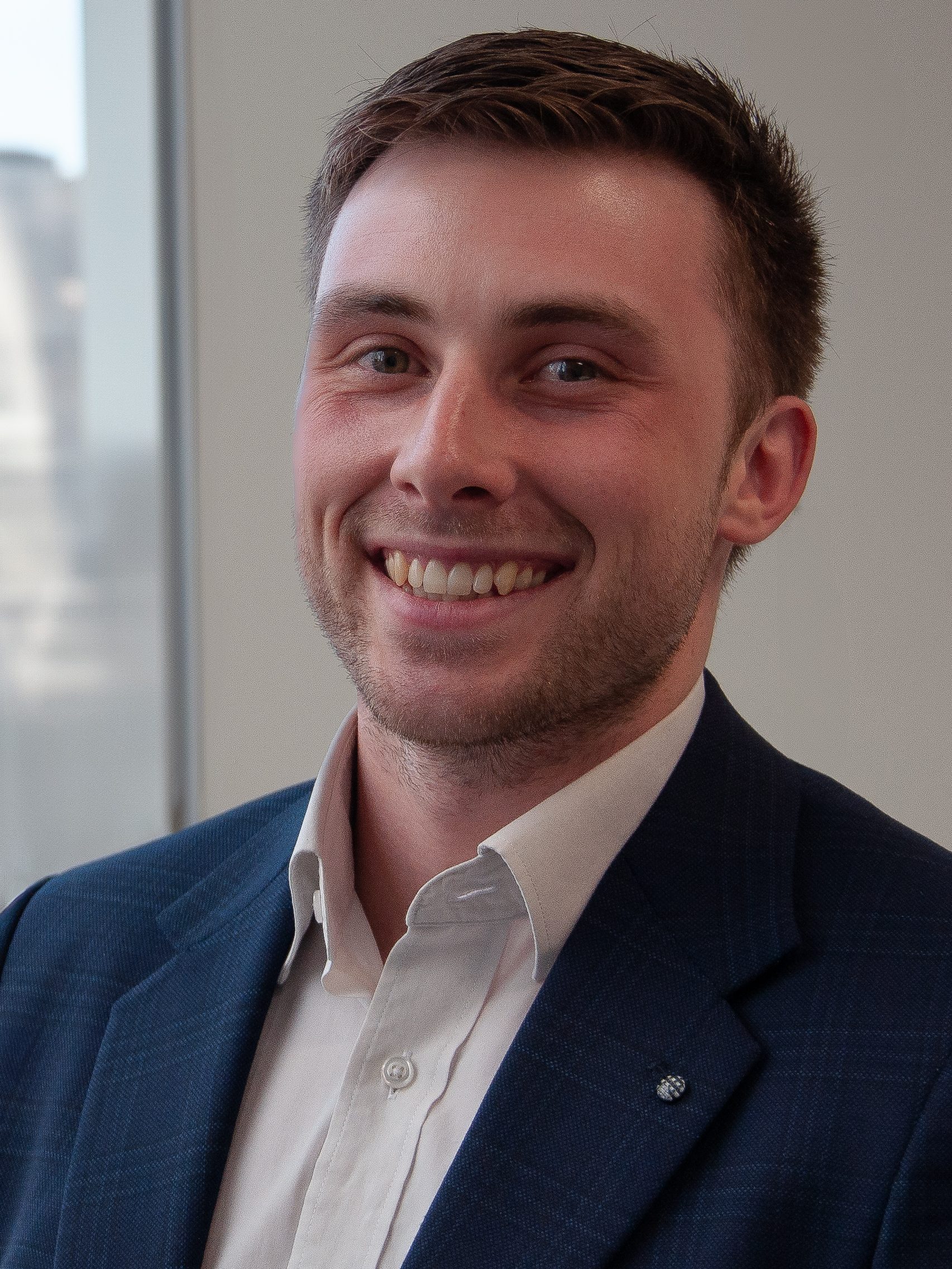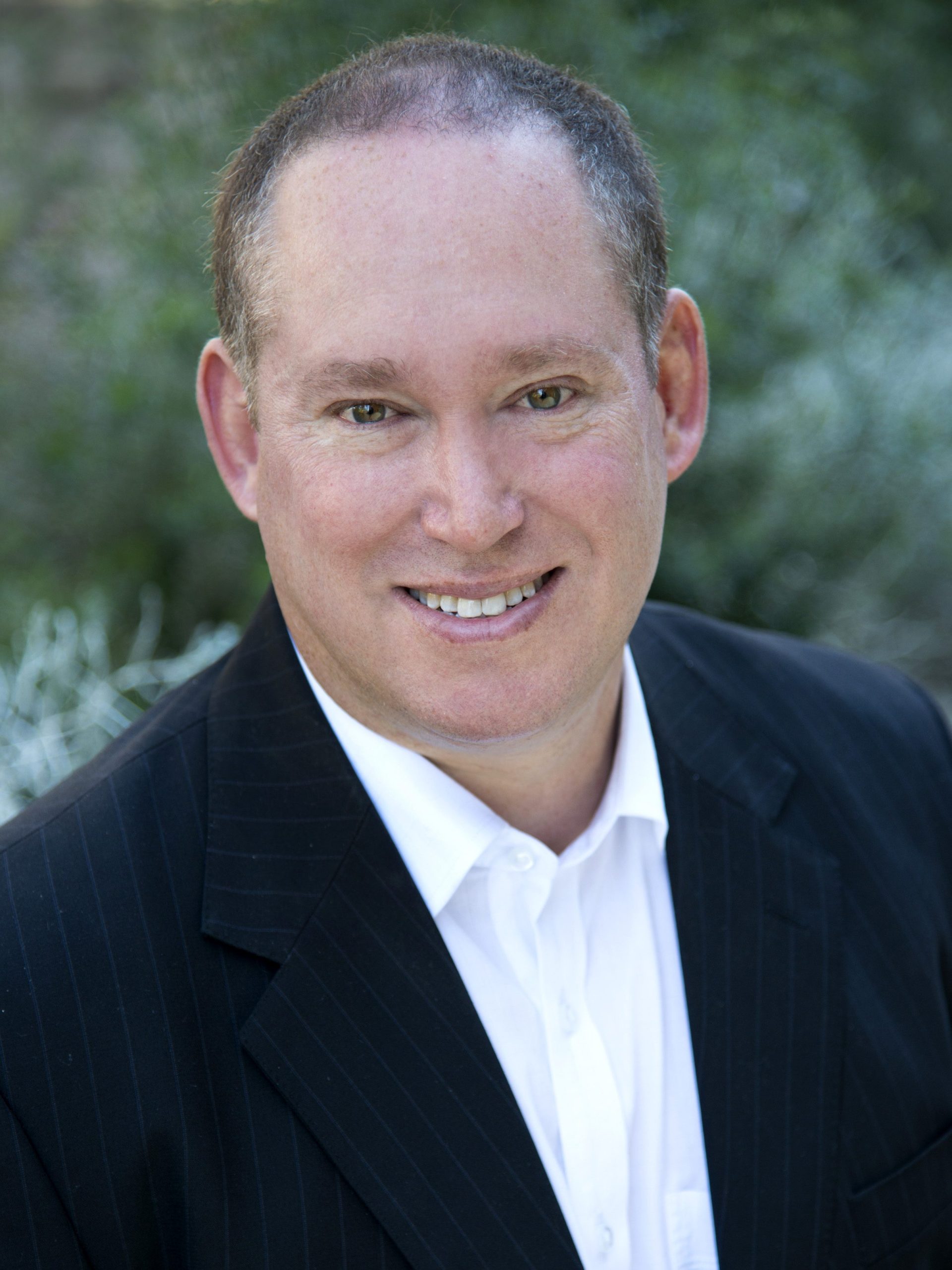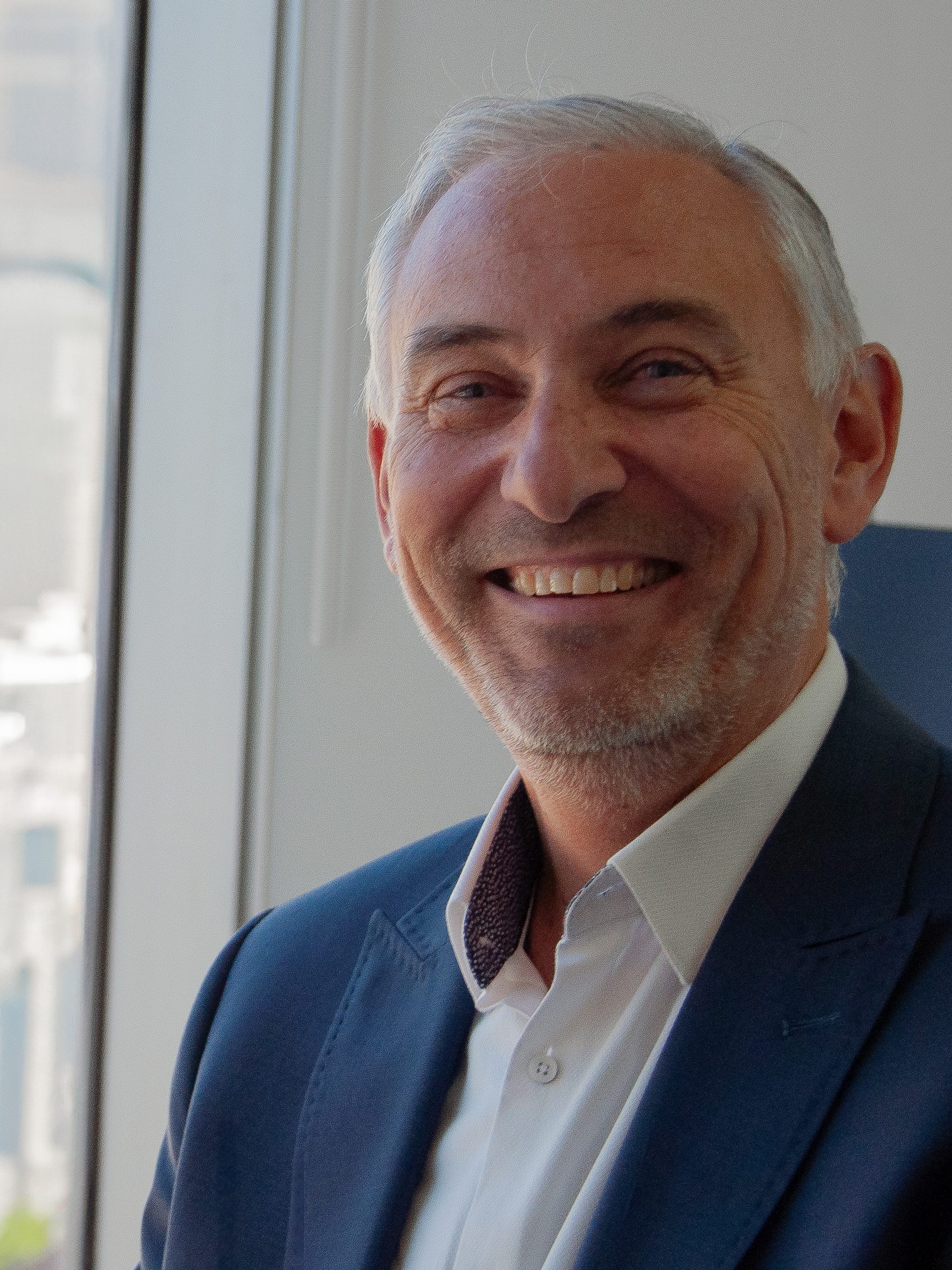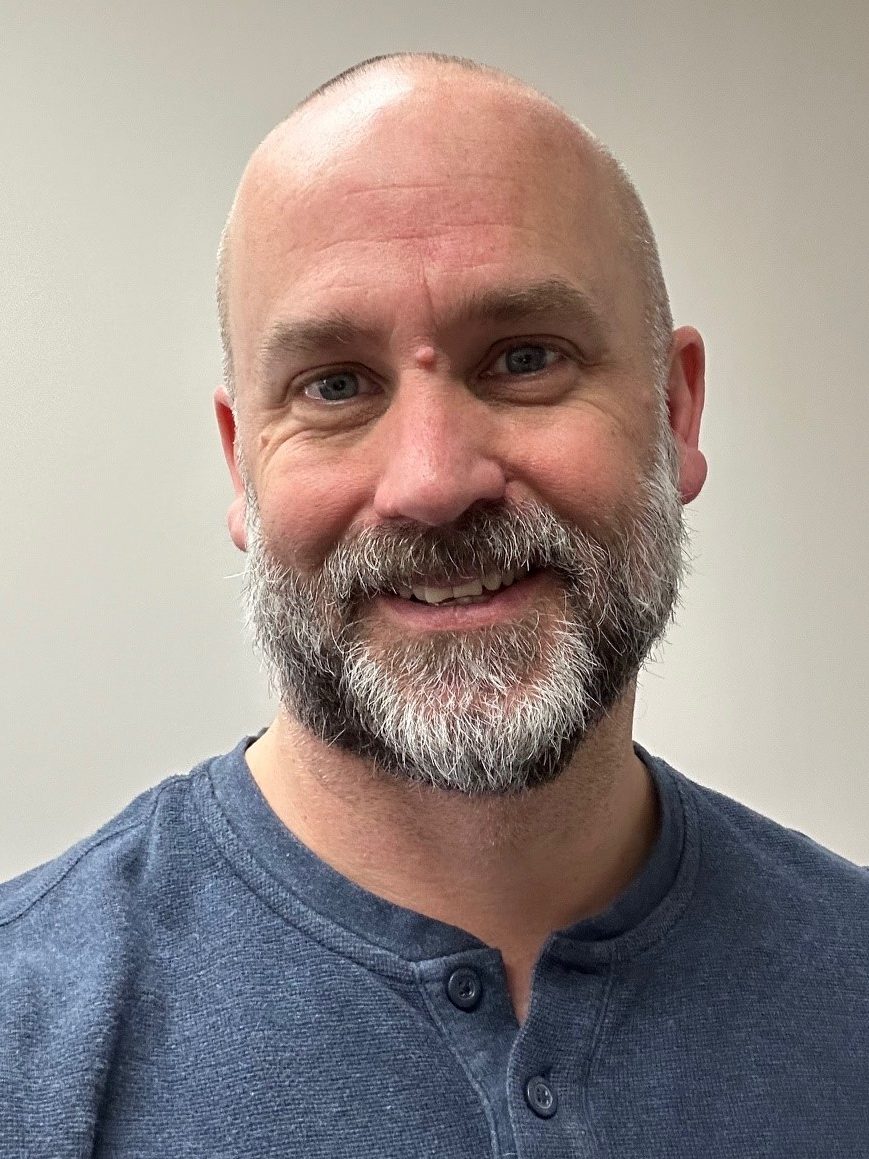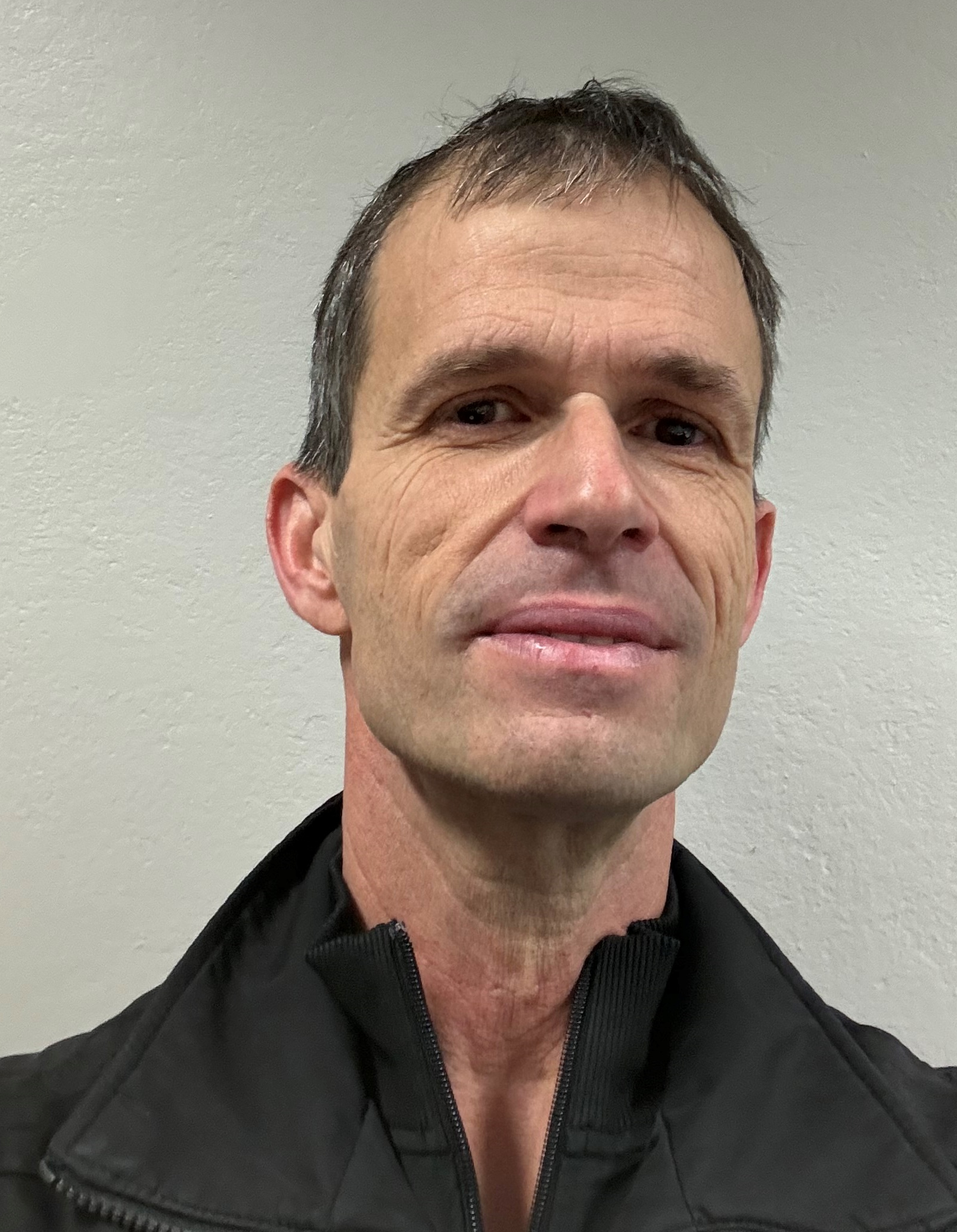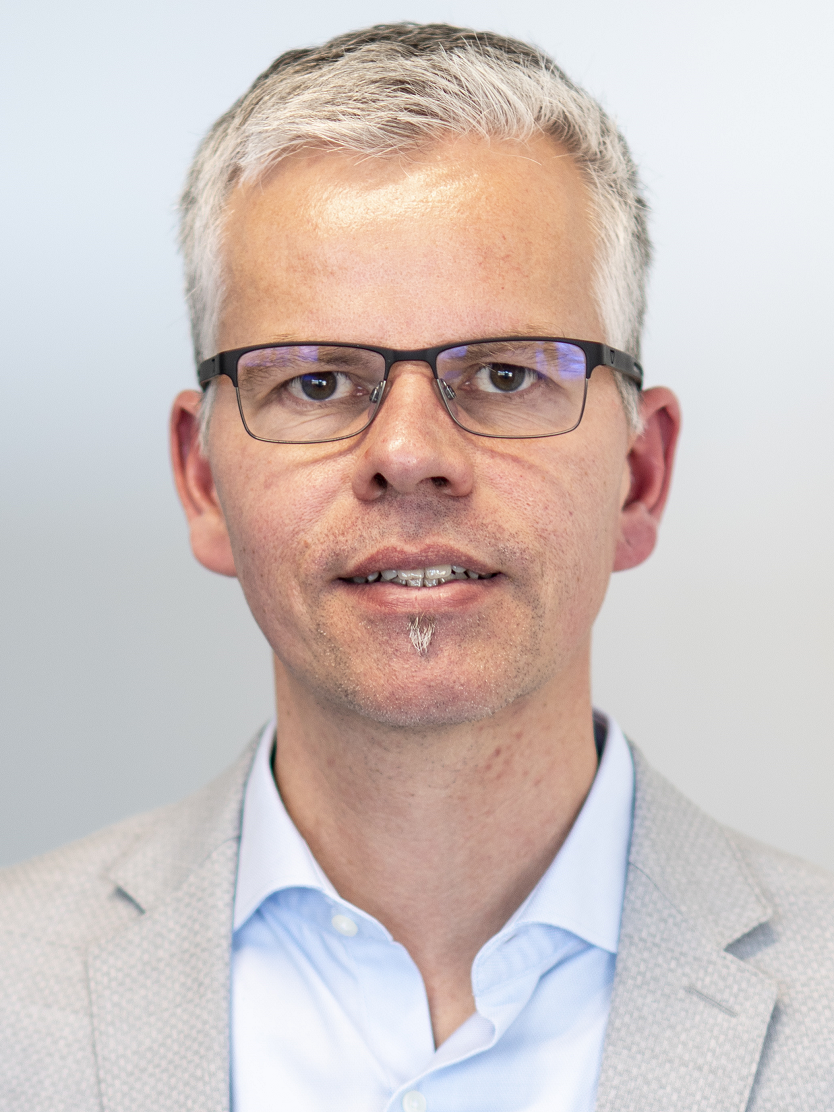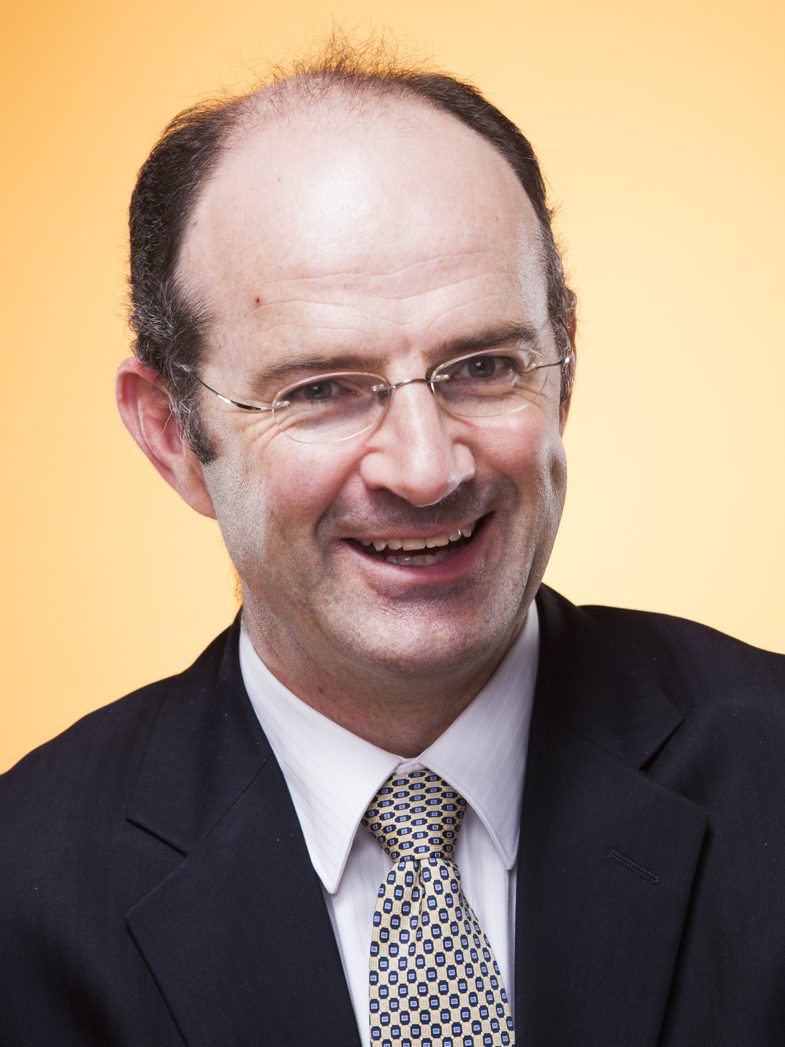

People
Scroll to: Students | Fellows | Leadership | Chief Investigators | Partner Investigators

Students
We are actively recruiting 19 Ph.D. students. Projects will be added as they are approved.
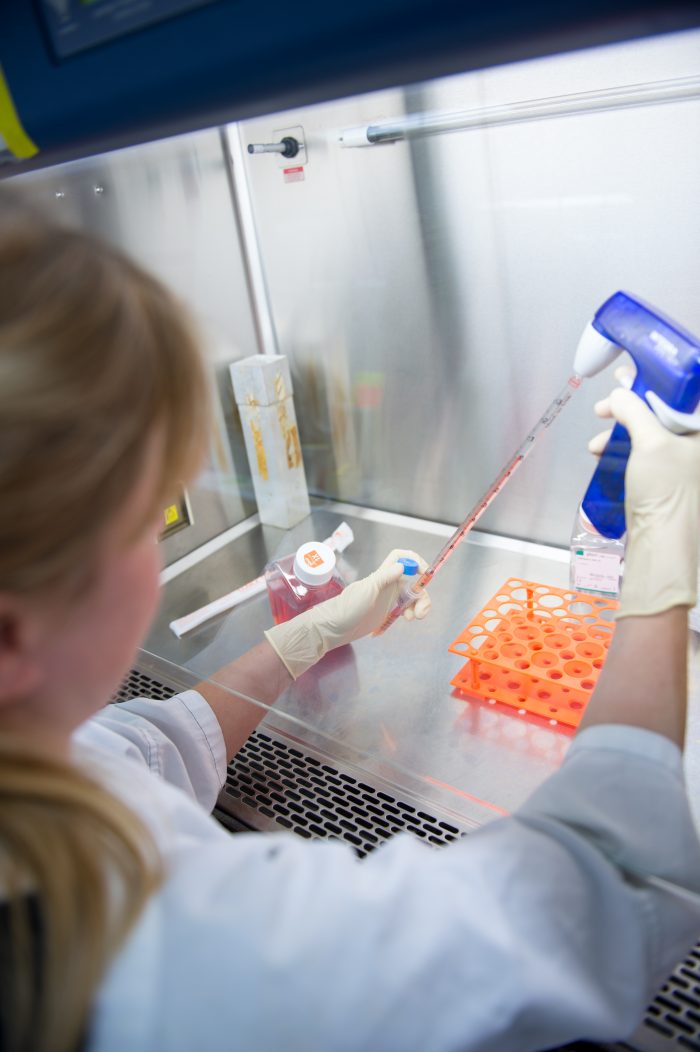
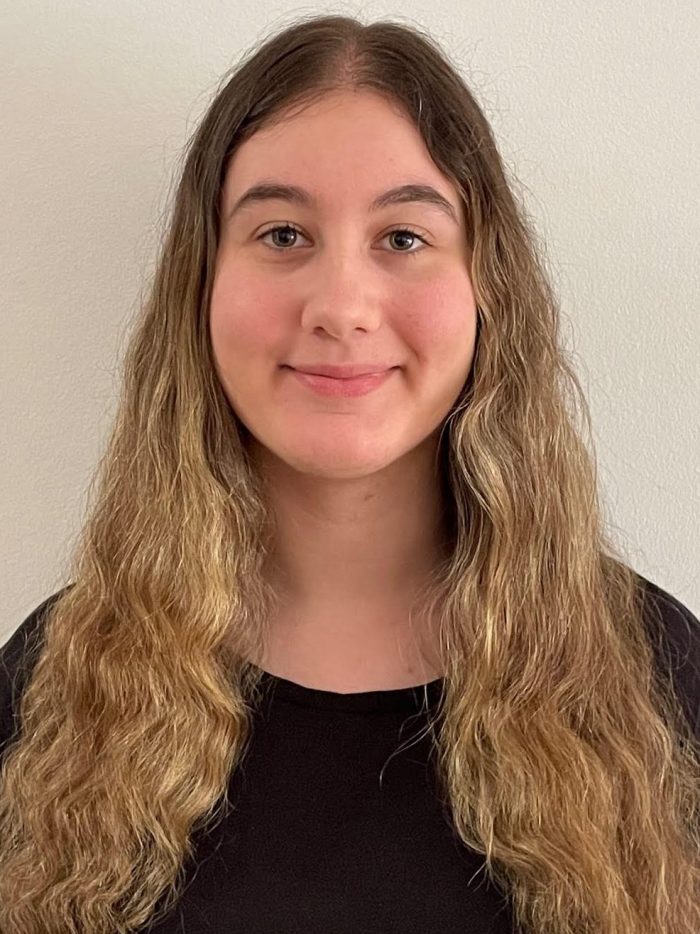
Eva Doukas
Professional Background:
Hi, my name is Eva Doukas. I completed my Bachelor of Science at Monash University in 2022 majoring in chemistry. In 2023, I then went on to complete my Honours in chemistry at Monash University under the supervision of Professor Andrea Robinson. The focus of my project was oxytocin’s receptor interactions via insertion of metal ions into the disulfide bridge. Furthermore, I introduced modifications into the structure of native oxytocin to investigate its ability to self-assemble into micellular structures.
Research Interests:
Following the completion of my Honours, I commenced my PhD at Monash University with Professor Andrea Robinson in May 2024. For my PhD project, I am continuing the investigation of disulfide bridge replacements in disulfide-containing peptides. This will be examined through the insertion of metal ions, which also includes radioisotopes for radiopharmaceutical development.
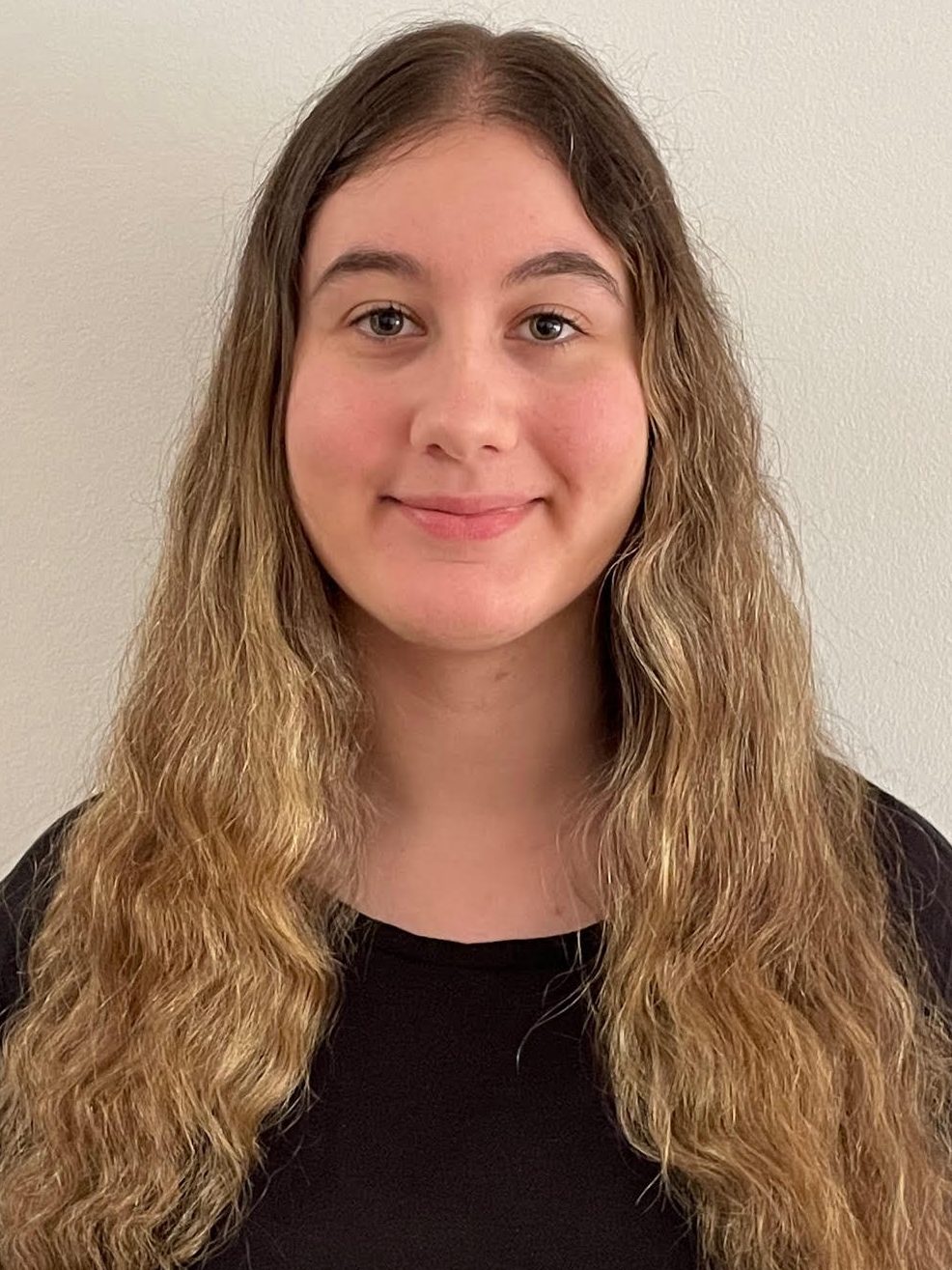
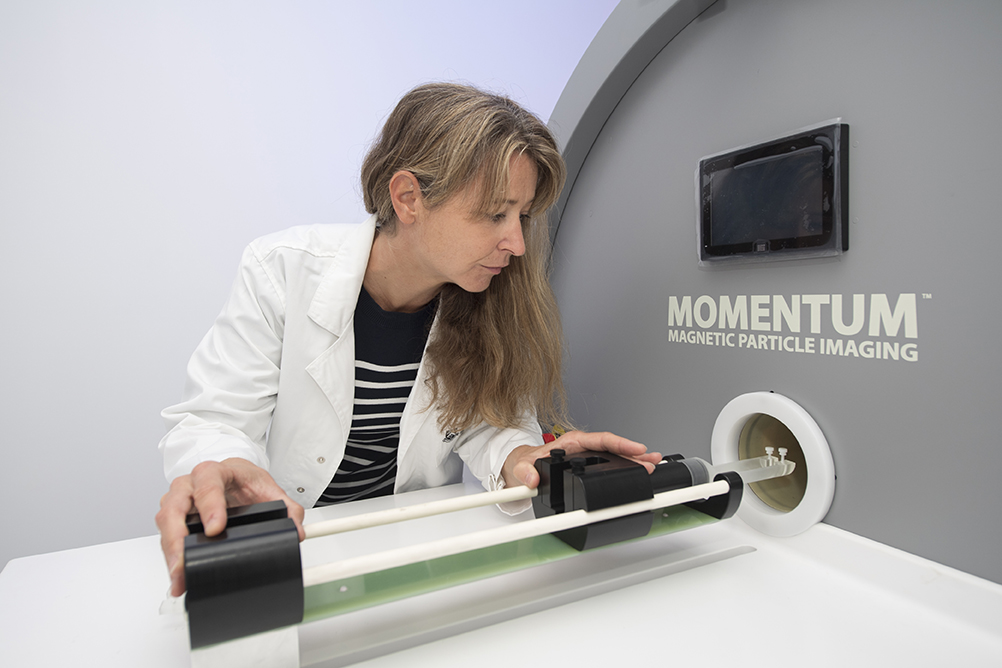

Post Doctorate Fellows
The Centre will ultimately employ 5 Post Doctoral Fellows, distributed across the three nodes. Three will be hired at the beginning of the Centre (2024/2025 timeframe) with 2 more coming on during the last year of the program.
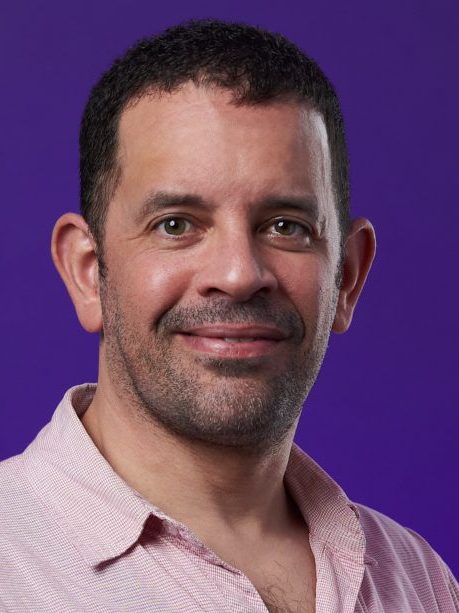
Dr. Amit Hetsron
Professional Background:
Amit started his academic journey with a BSc in chemical biology and an MSc in organic chemistry from Bar Ilan University, Israel. He began his radiochemistry research and clinical production at Hadassah Hospital (Israel), mostly around radioflurinations and developing Click Chemistry for peptide-based radiotracers. Upon moving to the US, Amit supported research and clinical production at Stanford Medical School and held industry positions as an analytical chemist in big pharma companies (Gilead Sciences, Genentech). Moving to Australia allowed Amit to combine his analytical and radiochemistry knowledge as a radioanalytical chemist at Peter MacCallum Cancer Centre and later on to push the envelope even more as a PhD student (PeterMac, Monash Institute of Pharmaceutical Science) and complete a theranostic development for Y1R targeting peptide, from chemical synthesis to pre-clinical-PET-CT-imaging in mice.
Research Interests:
Amit is primarily interested in using traditional pharmaceutical development tools to promote radiopharmaceutical development. For example, metabolic stability analysis of non-radioactive standards can hint at the biodistribution trend of a given theranostic agent, allowing a more thoughtful design to secure a selective hit of an in vivo target. Another evolving field is the medical usage of Alpha-emitting metal radioisotopes. While these high-energy radioisotopes can deliver lethal radiation doses to terminate cancer tumours, their radioactive decay is complex and challenging. The current coordinative chemistry to capture radioisotopes is insufficient for these Alpha emitters. Amit is interested in developing new chelating agents and chelation methods to solve this problem.

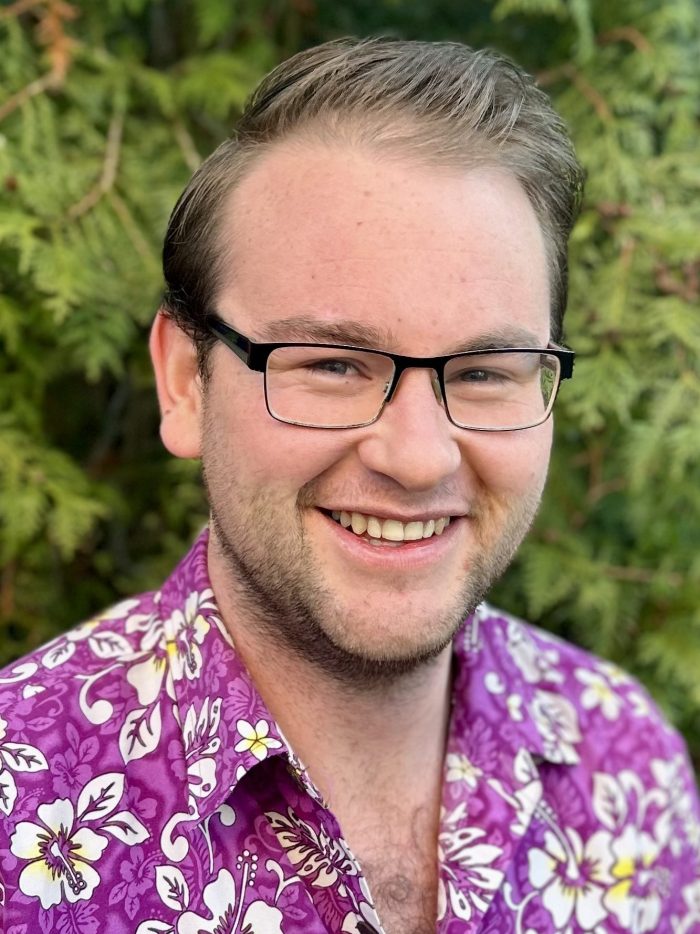
Dr. Adam Kennedy
Professional Background:
Dr Adam Kennedy is the Postdoctoral Research Fellow at the ARC Development of Advanced Radiochemical Technologies (DART) Industrial Transformation Training Centre located at Monash University. Adam completed his PhD in 2023 at Monash University and has since undertaken a postdoctoral research position in development of novel radiopharmaceuticals at Helmholtz-Zentrum Dresden-Rossendorf (HZDR, Dresden, Germany). He has now returned to Australia to join the DART Centre to continue his interests in radiopharmaceutical development.
Research Interests:
Adam is focussed on a wide range of (radio)medicinal chemistry topics. He has conducted innovative research projects spanning the development of peptides, peptidomimetics, small molecule chelators, targeted endoradiotherapy, radiotheranostics and radioimmunotherapy. Adam’s work within the DART Centre will continue to focus on expanding these areas of interest.
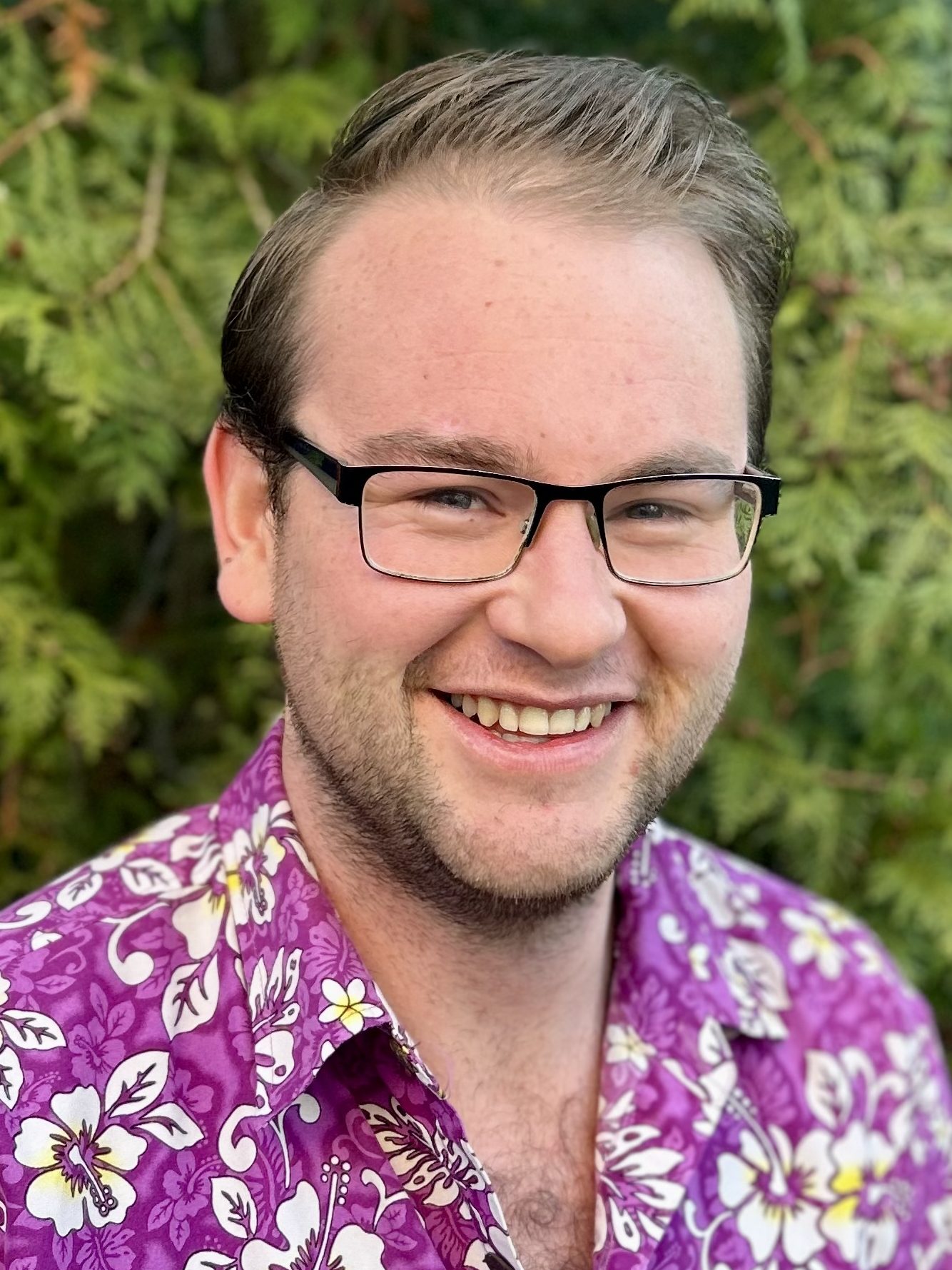
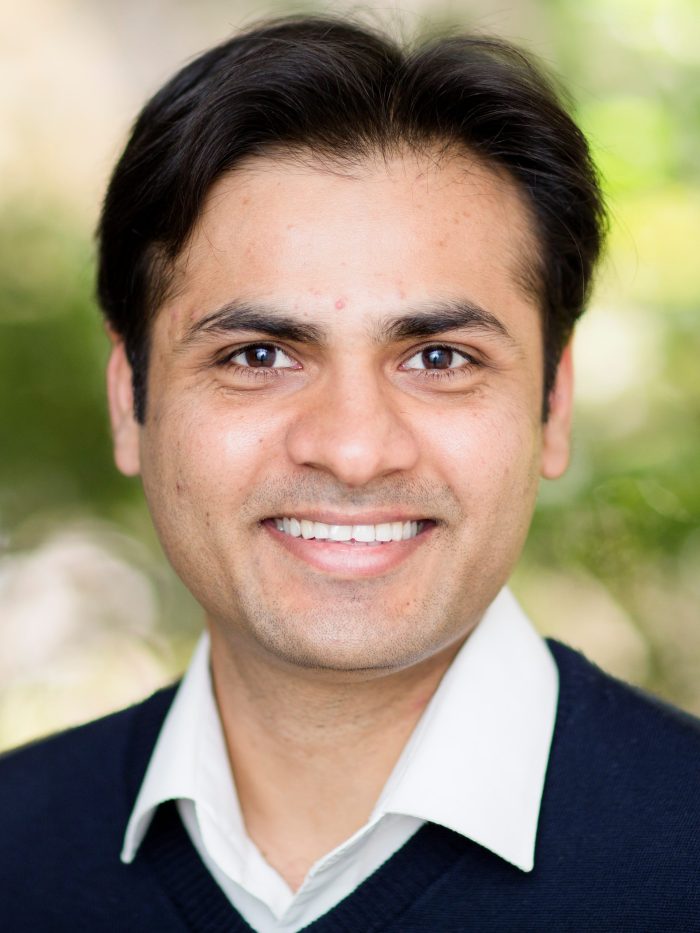
Dr. Asif Noor
Professional Background:
Dr. Asif Noor is a Research Fellow at the University of Melbourne. He earned his Ph.D. in Chemistry from the University of Otago in 2014, under the supervision of Prof. James Crowley. Afterward, he moved to Australia to begin a postdoctoral fellowship at the University of Melbourne with Prof. Paul Donnelly, where he focused on the development of novel radiopharmaceuticals for the treatment of Alzheimer's disease and cancer.
Research Interests:
Asif's research interests encompass synthetic inorganic, organic, and radiochemistry. His current research is focused on designing and developing advanced diagnostic and therapeutic agents for cancer treatment.
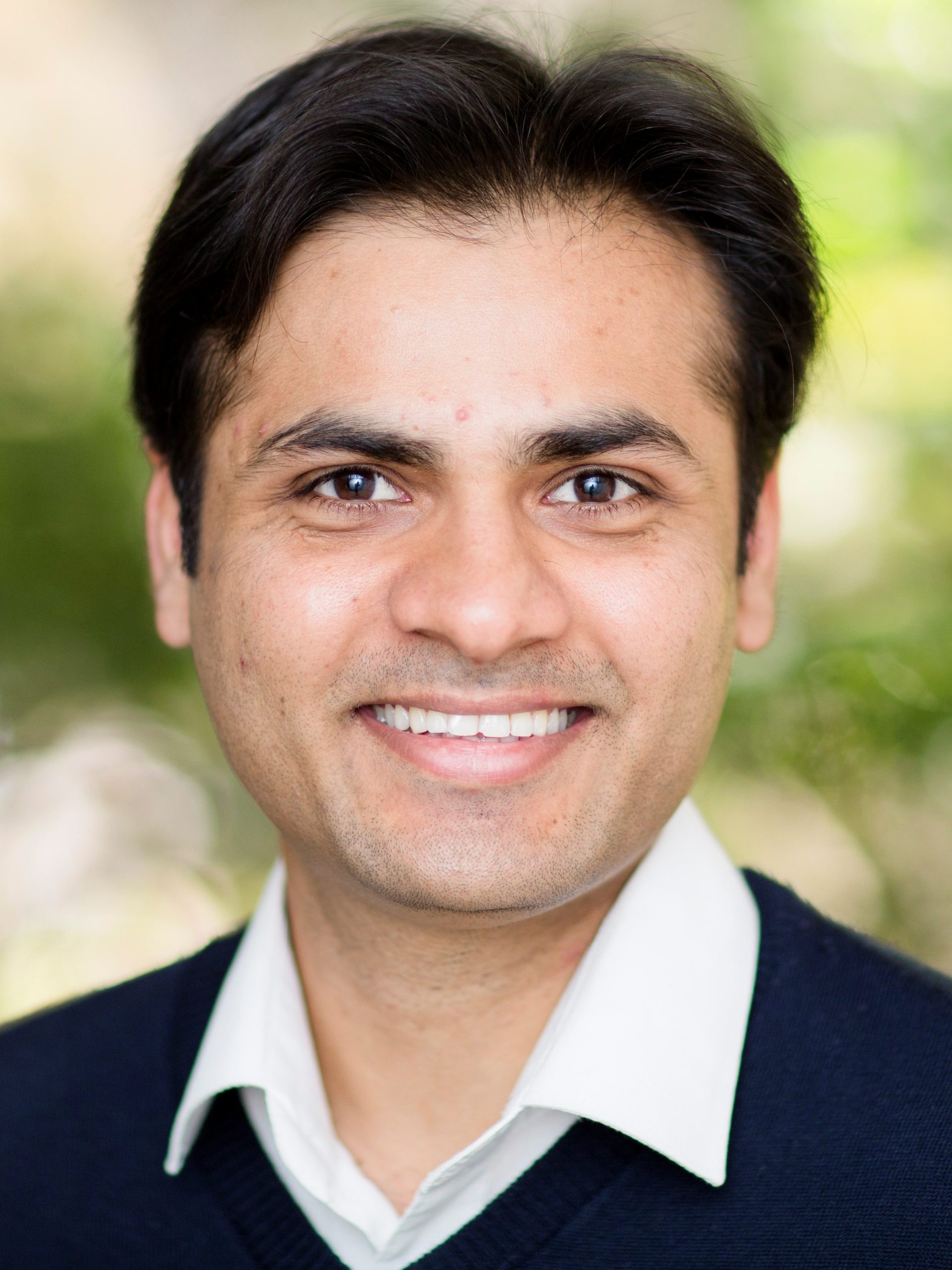

Centre Leadership
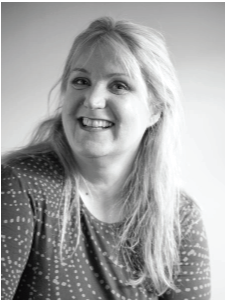
Prof. Andrea Robinson
Professional Background:
Prof Andrea Robinson is the Deputy Head of School for Chemistry at Monash University and Director of the ARC Development of Advanced Radiochemical Technologies (DART) Industrial Transformation Training Centre. Between her PhD from Monash and returning as a professor, Andrea worked at DuPont Merck Pharmaceutical Company in the USA. Andrea has been well supported by ARC and NHMRC project grants and has deep, long-standing relationships with various industrial partners which results in highly productive collaborations.
Research Interests:
The Robinson Lab is focused on chemical biology and catalysis research with real-world applications to spirocyclic alkaloids, venoms and insulin. Designing new analogues to improve biological potency, selectivity and understanding mechanisms of action are a focus for the group. DART Centre projects focus on radiolabeling peptides and peptidomimetics as well as bioconjugation and targeting strategies.

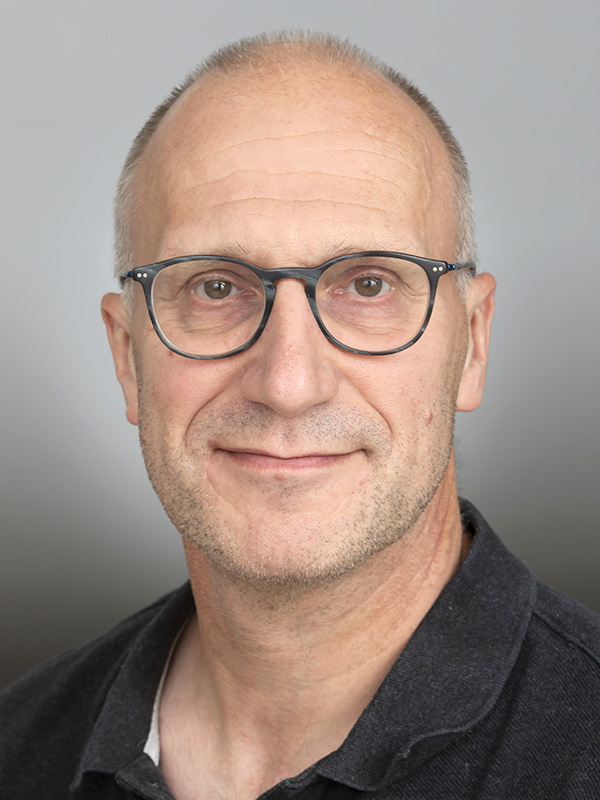
Prof. Philip Andrews
Prof. Philip Andrews
Professional Background:
Phil completed his PhD at the University of Strathclyde, in Glasgow and joined Monash as a Research Fellow in 1995 and was subsequently successful in being awarded a five-year ARC QEII Fellowship in 1997. He was appointed as a lecturer in the School in 2004. Prior to joining Monash Professor Andrews was an Alexander von Humboldt Fellow, at the Philipps Universität, Marburg, Germany, and he held a Royal Society Fellowship, at Griffith University in Queensland.
The highly esteemed chemist is a Fellow of both the Royal Society of Chemistry and the Royal Australian Chemical Institute. Phil is currently Professor and Interim Head of the School of Chemistry.
In 2020, Phil joined the Monash Centre to Impact AMR as a founding member and is helping drive the Centre's industry engagement strategy.
Research Interests:
Discovering new bioactive metal compounds as anti-inflammatory, antitumour and antimicrobial agents, development of new antimicrobial materials, synthesis of homo- and hetero-bimetallic metal cages and materials for medical imaging and therapeutics, and exploring metal-mediated anion rearrangements in main group organometallic complexes.
His main research areas of interest are:
- Main Group Organometallic Chemistry: Synthesis, Structure and Application
Novel chiral main group metal organometallic and amido complexes in asymmetric synthesis.
Synthesis and structural studies of homo- and hetero-bimetallic main group metal complexes.
Investigations into the synthesis, structure and stability of novel heavy p-block metal complexes. - Medical Imaging
New bismuth and rare-earth based contrast media for optical and radiographic imaging. - Medicinal Chemistry
Development of new bioactive bismuth compounds as anti-inflammatory, anti-tumour and anti-microbial
agents.
Development of new metallo-drugs for combating Leishmania.
Cellular uptake and bio-distribution of Bi(III). - Green and Sustainable Chemistry
Solvent-free and microwave assisted metal mediated syntheses.
New catalysts for sustainable chemistry.

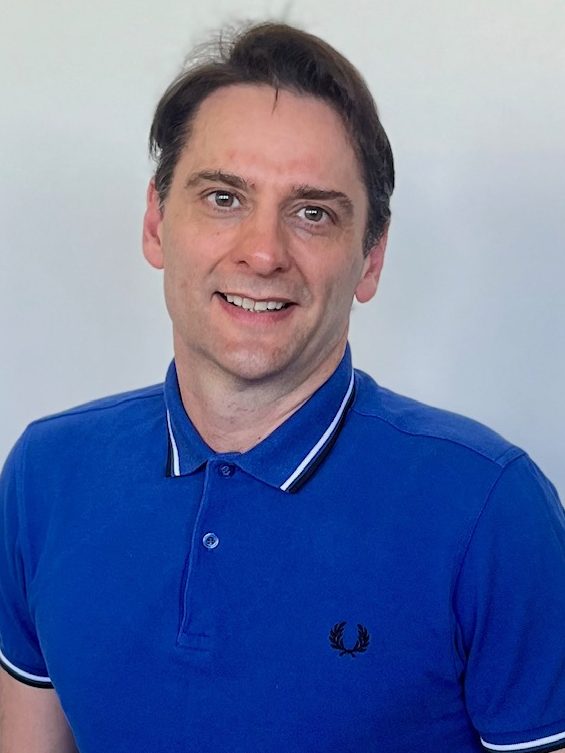
Prof. Paul Donnelly
Professional Background:
Professor Donnelly leads a research group that is based in the School of Chemistry and Bio21 Molecular Science and Biotechnology Institute.
Research Interests:
Professor Donnelly is a chemist with expertise in inorganic chemistry, synthetic chemistry, radiochemistry and biological chemistry. Aspects of his research centre on the design and synthesis of new metal compounds for application in biology.

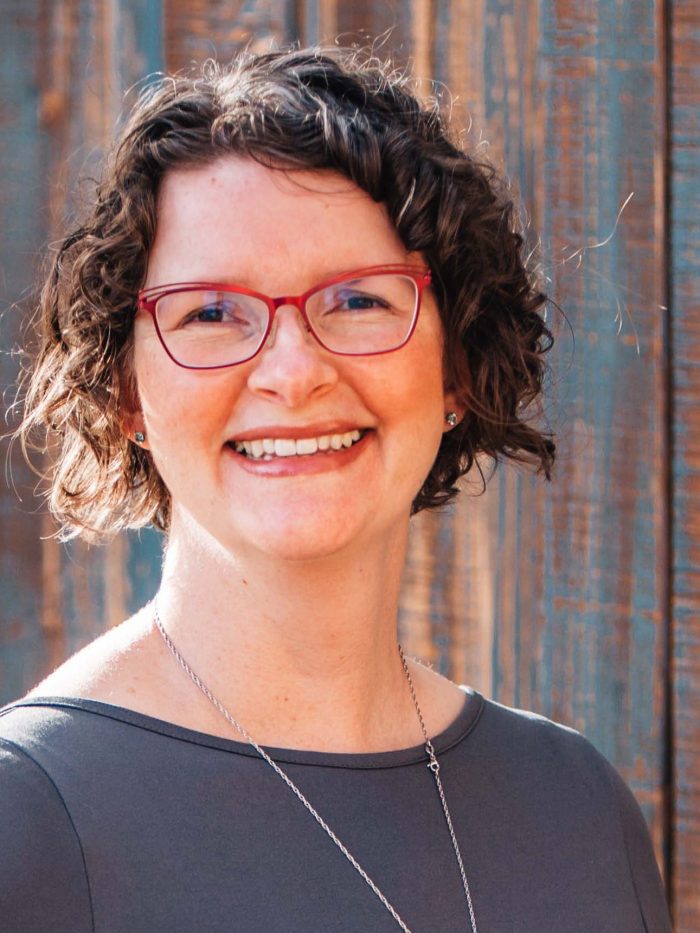
Dr. Diana V. Dugas
Professional Background:
Diana graduated from Rice University in 2007 with a PhD in Biochemistry and Cell Biology, focusing on plant genetics and microRNAs. She spent several years working as a bioinformatician before transitioning to a facilitator position, supporting communication and understanding between researchers and IT. Diana then became the Director for Instruction and Research Support at New Mexico State University, USA. Since moving to Australia, she has become the Centre Manager for DART.
Research Interests:
Although Diana is currently not in a research position, she continues to be interested in staying up to date on genetic and biology-related topics. Through her activities in supporting the students of the Centre, she is also actively gaining knowledge and insight on all things radiochemistry related.
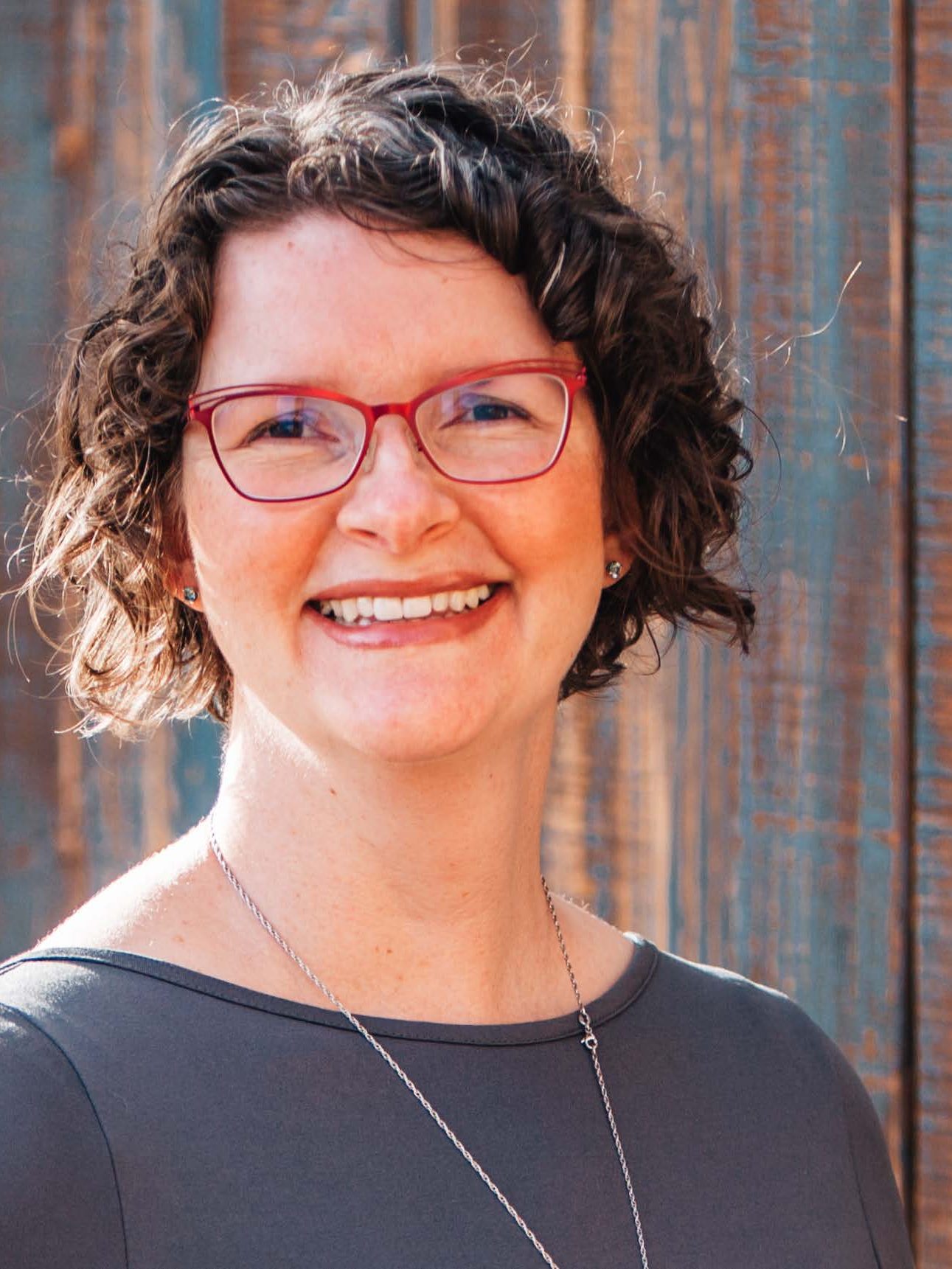
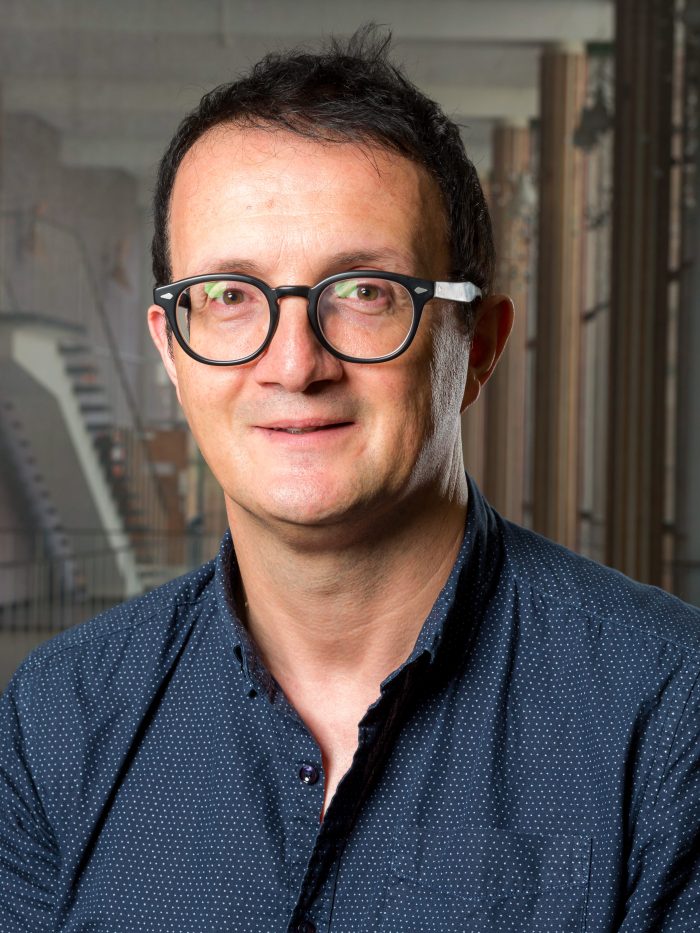
Prof. Louis Rendina
Professional Background:
Prof. Louis M. Rendina is a Professor of Chemistry and Associate Head of Research Education at The University of Sydney, Fellow of the Royal Australian Chemical Institute (RACI), Fellow of the Royal Society of NSW, and Fellow of the Royal Society of Chemistry (UK). He is also a Deputy Director and Node Leader of the ARC Development of Advanced Radiochemical Technologies (DART) Industrial Transformation Training Centre. Lou has an international reputation for original, impactful research and sustained excellence in synthesis and the medicinal inorganic chemistry of boron, lanthanoid metals, and radiometals.
Research Interests:
The Rendina Lab is internationally recognised for the synthesis of new molecules containing boron or lanthanoid metals for applications in medicine. The group is particularly interested in exploiting the unique properties of these elements in cutting-edge cancer therapies. The group is also interested in their incorporation into unique molecular scaffolds for binding to important biological receptors, selective localisation within sub-cellular components such as mitochondria, or as advanced materials. DART Centre projects focus on the radiolabelling of our unique cancer cell targeting groups for application as cancer radiotheranostic agents, as well as novel disease targeting strategies.
University of Sydney Researcher Profile
Twitter: @GroupRendina
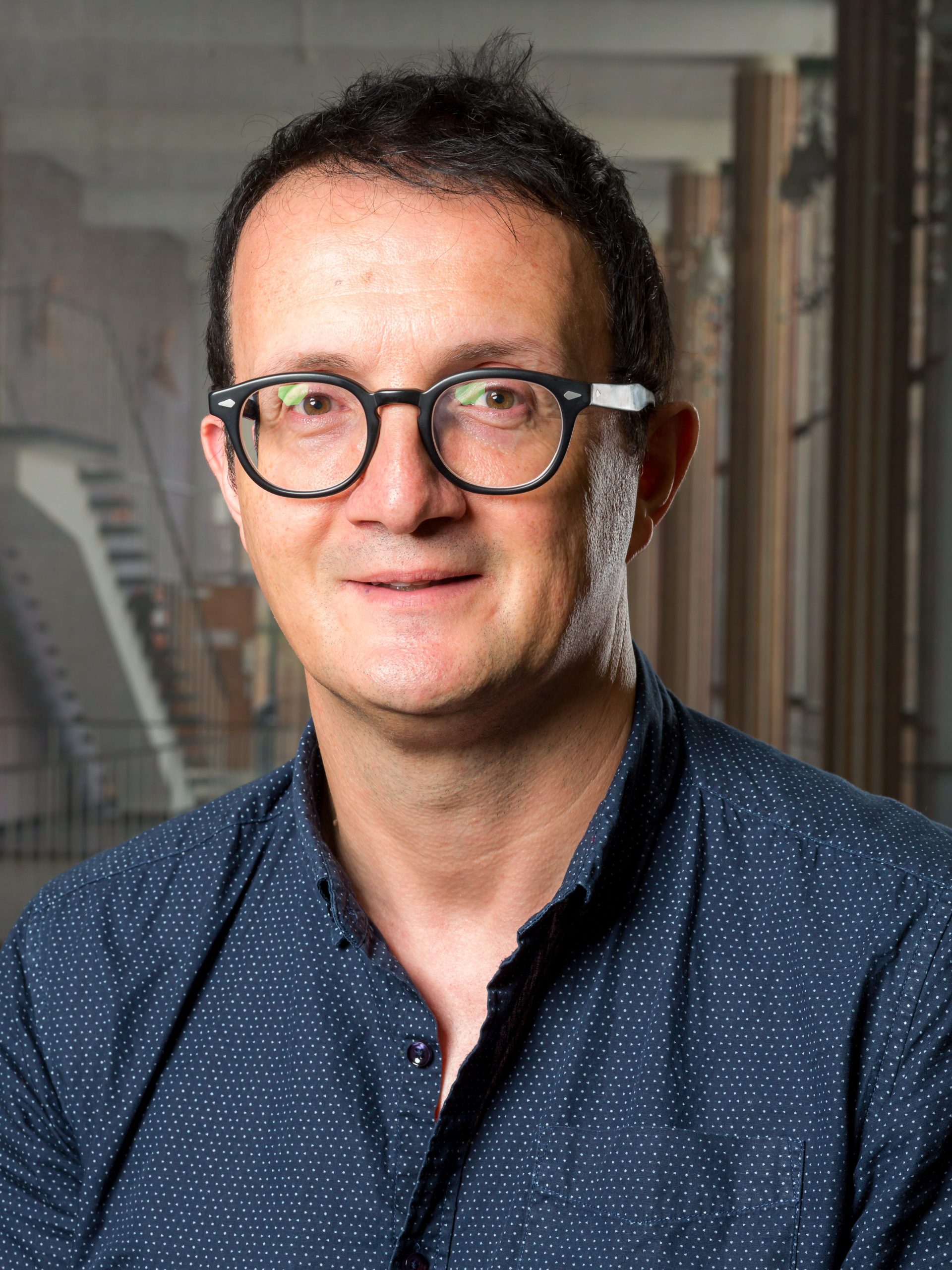
Theme Leaders
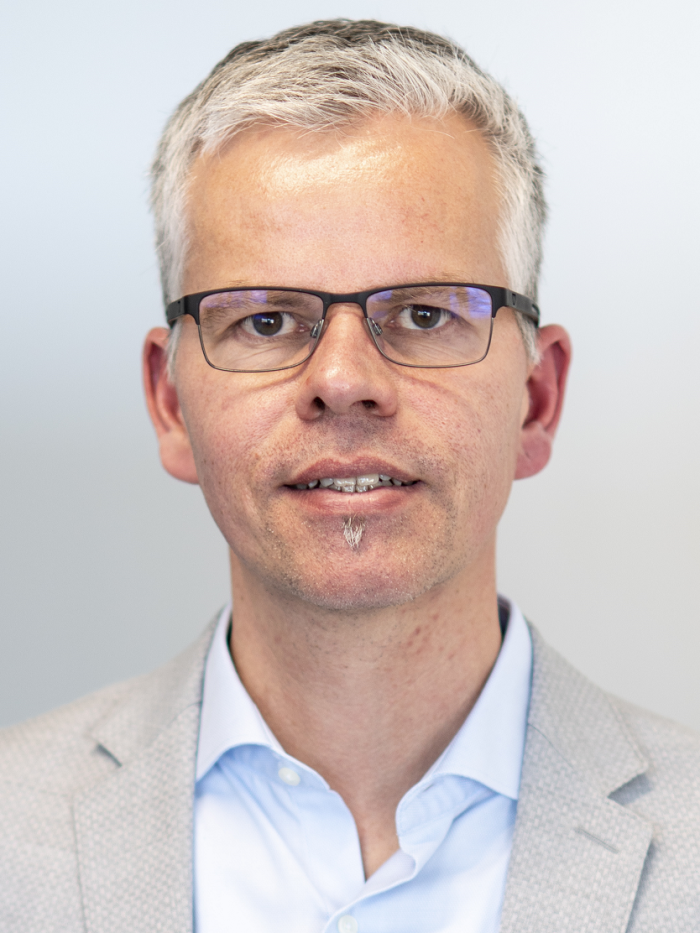
Prof. Dr. Klaus Kopka
Prof. Dr. Klaus Kopka
Professional Background:
Univ.-Prof. Dr. Klaus Kopka (HZDR, Germany) is a radiopharmaceutical chemist and holds a full professorship (W3) for Bioinorganic and Radiopharmaceutical Chemistry at Technical University Dresden, Germany, which is combined with the directorship of the Institute of Radiopharmaceutical Cancer Research at Helmholtz-Zentrum Dresden-Rossendorf [HZDR]. Between 2013 and 2019 he held a W3 position at Ruprecht-Karls-University of Heidelberg, Germany. At the same time he was head of the Division of Radiopharmaceutical Chemistry at the German Cancer Research Center [DKFZ] in Heidelberg. In 2018 Klaus Kopka was honoured together with his colleagues Michael Eisenhut, Matthias Eder and Uwe Haberkorn with the highly recognized “The Stifterverband Science Award – Erwin Schrödinger Prize” of the Helmholtz Association.
Research Interests:
He was involved in the development of the theranostic prostate-specific membrane antigen (PSMA)-targeting radiotracers, i.e. PSMA-617 (approved as Pluvicto), PSMA-914 and PSMA-1007 (approved as Radelumin). His current research interests focus on radiopharmaceutical drug development; radiopharmaceutical sciences; medicinal radiochemistry; radionuclide production and radionuclide theranostics; targeted endoradiotherapy; noninvasive molecular imaging. His scientific output includes 269 publications, corresponding to 13,144 citations (h-index 57) (Scopus, 16-July-2024).

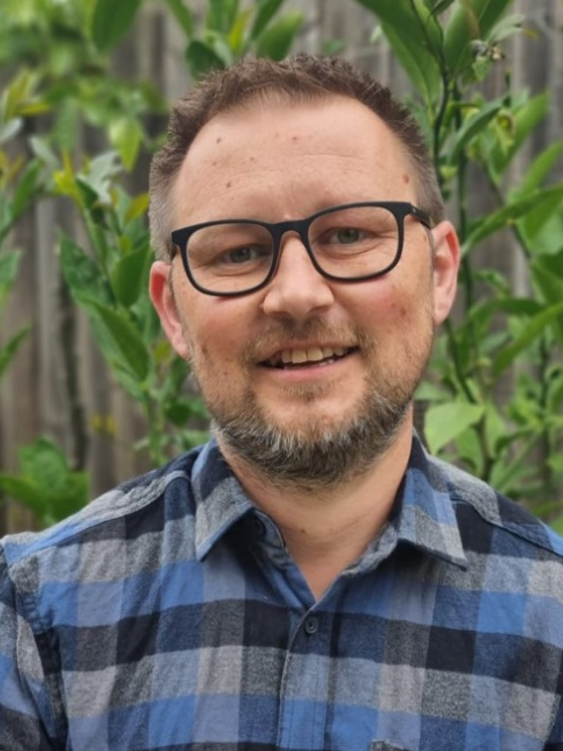
A/Prof. David Turner
Professional Background:
Associate Professor David Turner works in the School of Chemistry at Monash University. After completing his undergraduate and PhD at King's College London, he held successive fellowships (ARC and AINSE) at Monash before being appointed to staff.
Research Interests:
The Turner lab centres on metallosupramolecular and coordination chemistry. In particular they are currently interested in chiral coordination cages, providing unique nano-environments sheltered from bulk solution. DART Centre projects focus on radiolabelling cages to act as delivery or therapeutic agents and/or carrying labelled payloads.

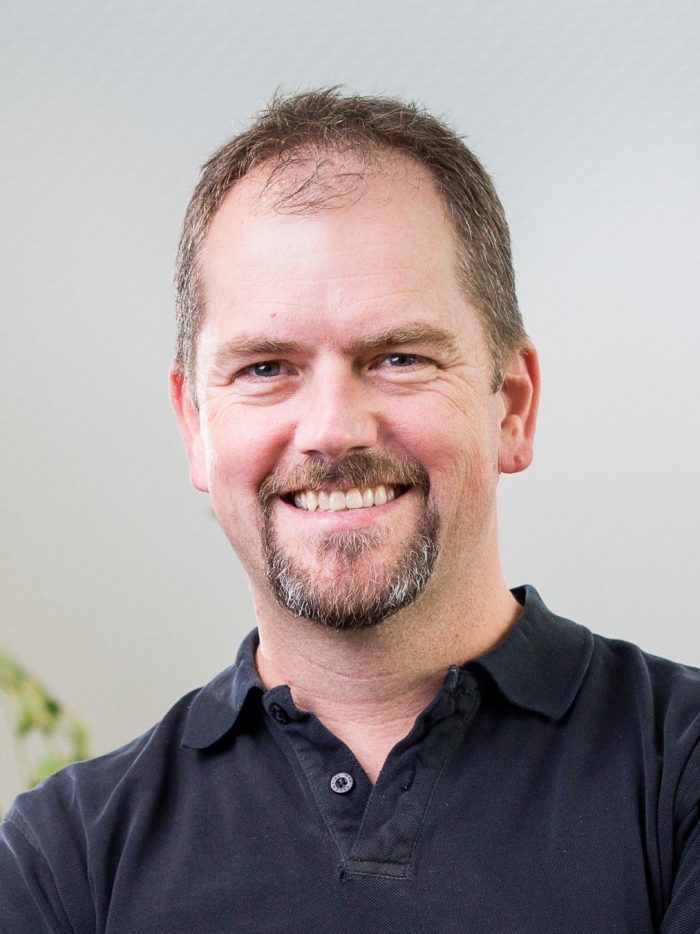
Prof. Craig Hutton
Prof. Craig Hutton
Professional Background:
Craig Hutton is a Professor in the School of Chemistry and Associate Dean (Infrastructure) in the Faculty of Science at The University of Melbourne. He undertook his undergraduate and PhD degrees at the University of Adelaide before completing postdoctoral studies at the University of California, Berkeley and The University of Melbourne. He started his independent academic career at The University of Sydney before returning to The University of Melbourne.
Research Interests:
The Hutton Lab research interests include the development of novel synthetic methods for the assembly and functionalization of peptides, and the chemical biology of cyclic peptide natural products. DART Centre projects will focus on the development of radiolabelled amino acids and peptides for cancer imaging.

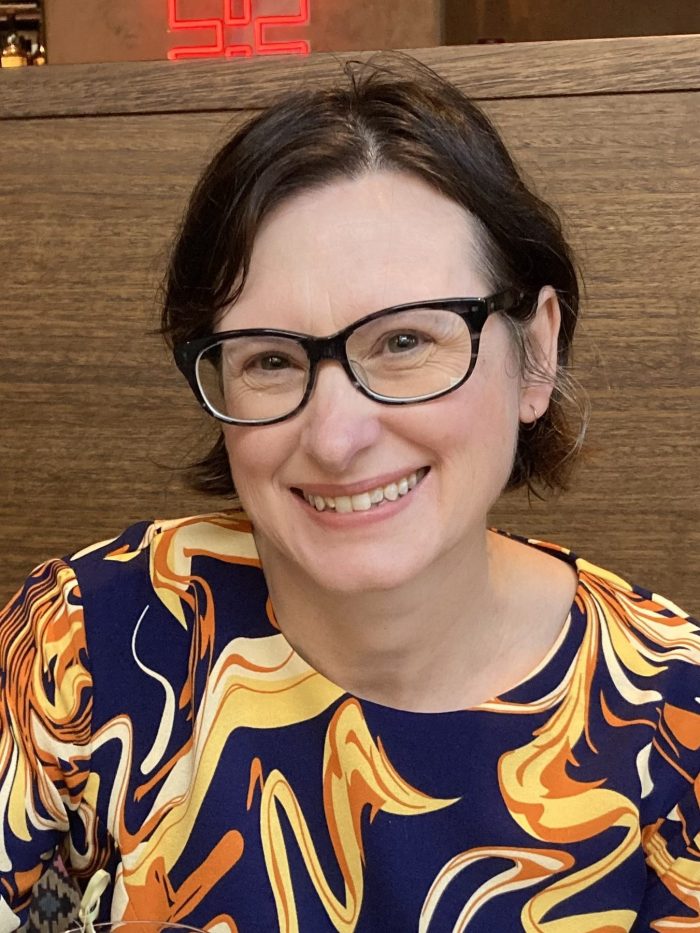
Prof. Kellie Tuck
Prof. Kellie Tuck
Professional Background:
Prof. Kellie Tuck is a T&R academic in the School of Chemistry and is the Associate Head – International Affairs. She obtained her PhD from the University of Adelaide and subsequently held postdoctoral research positions at the University of South Australia, Australia, and the University of Cambridge, UK, before returning to Australia. She is engaged in a number of interdisciplinary research programs that combine organic chemistry with analytical chemistry, chemical engineering, and/or biology.
Research Interests:
Her group’s research program focusses on the synthesis of functional molecules for diverse applications, spanning supramolecular chemistry, medicinal chemistry, and sustainable surfactant development. DART Centre projects focus on novel bifunctional chelators for imaging applications, and the development of theranostic agents.

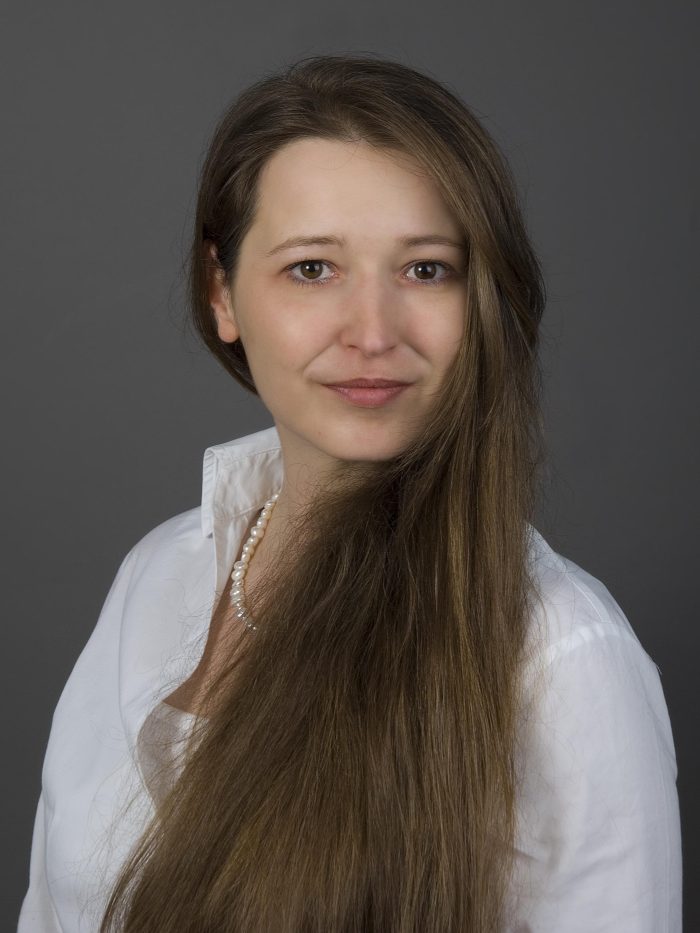
Dr. Karen Alt
Dr. Karen Alt
Professional Background:
Dr Karen Alt is laboratory head of the NanoTheranostics lab at the Australian Centre for Blood Diseases. Karen is widely recognised as a leader in molecular imaging for her research which employs innovative, multidisciplinary approaches and unique tools to enhance diagnostic imaging in various field of diseases.
Research Interests:
As a trained immunologist with more than 10 years of experience in health sciences research, Dr Alt is specialized in protein engineering, combining novel enzymatic and chemical protein modification techniques for molecular imaging. A central objective of her research is to develop imaging techniques to better understand the underlying mechanisms of different disease progression and the impact of therapy.

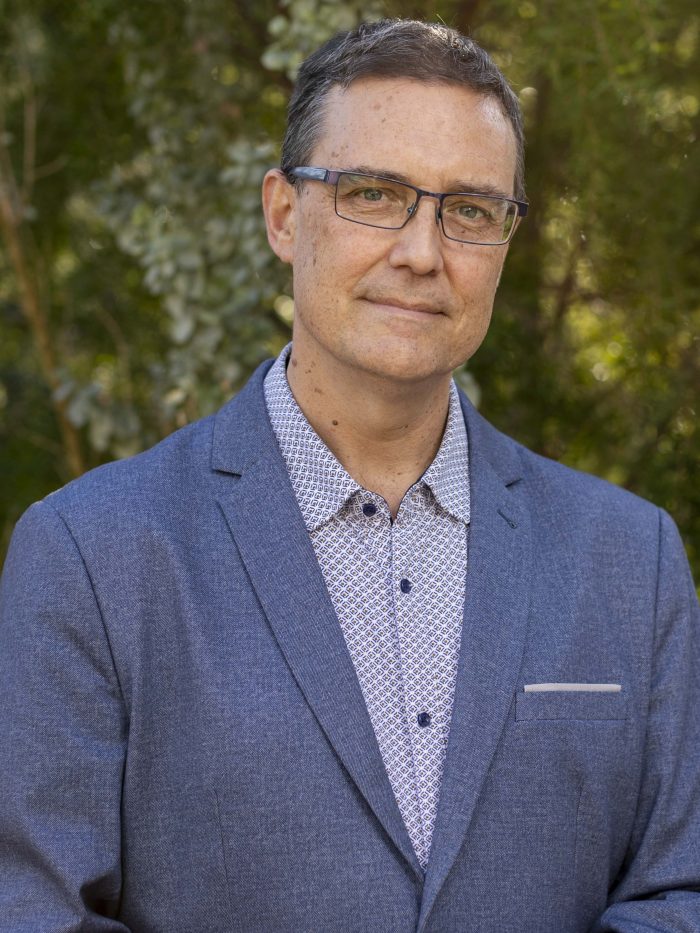
Prof. Peter Rutledge
Professional Background:
Prof Peter Rutledge is Head of the School of Chemistry at the University of Sydney. He completed his BSc and MSc degrees at the University of Auckland and a DPhil at Oxford. He held a postdoctoral fellowship and college lectureship at the Dyson Perrins Lab in Oxford, then a lectureship in the Centre for Synthesis and Chemical Biology in Dublin, before relocating to Sydney with his group in 2006.
Research Interests:
The Rutledge Group's research spans antimicrobial discovery and medicinal chemistry, biosynthesis and biocatalysis, enzyme evolution, molecular sensors, and science communication, supported by $5 M in research grant income to date from sources including the ARC, NHMRC, NBCF, CSIRO, and Science Foundation Ireland. DART Centre projects focus on design and synthesis of metal-binding agents for targeted radionucleide delivery.

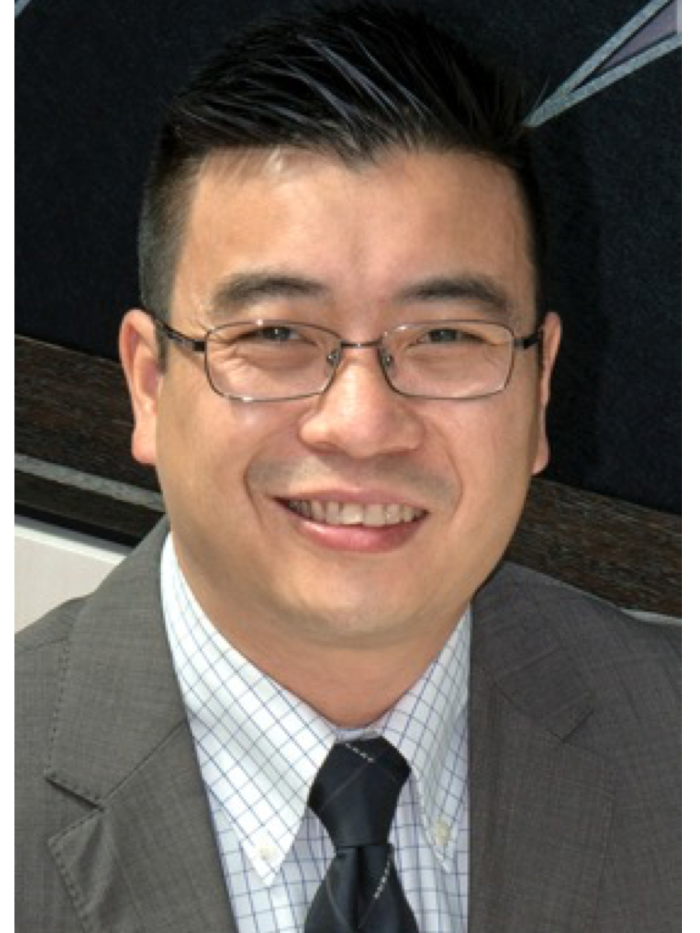
Prof. Philip Chan
Prof. Philip Chan
Professional Background:
Professor Philip Chan is the Associate Head (Postgraduate Research) at the School of Chemistry, Monash University and “New Methodologies for Radiofluorination” theme leader of the ARC Development of Advanced Radiochemical Technologies (DART) Industrial Transformation Training Centre. Since graduating with his D.Phil. degree from the University of Oxford, Philip has developed over 115 new catalytic methods for the concise and efficient synthesis of complex molecules and their applications in other fields ranging from medicine to materials science. He has been well supported by ARC Discovery Project grants and maintains several ongoing and highly productive collaborations with various and academic and industry partners.
Research Interests:
The Chan Lab is focused on the discovery and understanding of new and sustainable reactions through the power of homogeneous catalysis and their application to the synthesis of bioactive compounds and functional materials. To achieve these aims, research in the group is centred on the three main areas of organocatalysis, and transition metal and photoredox catalysis. Included in this is the design and realisation of new synthetic methods that can selectively radiolabel peptides and peptidomimetics as well as bioconjugation and targeting strategies.
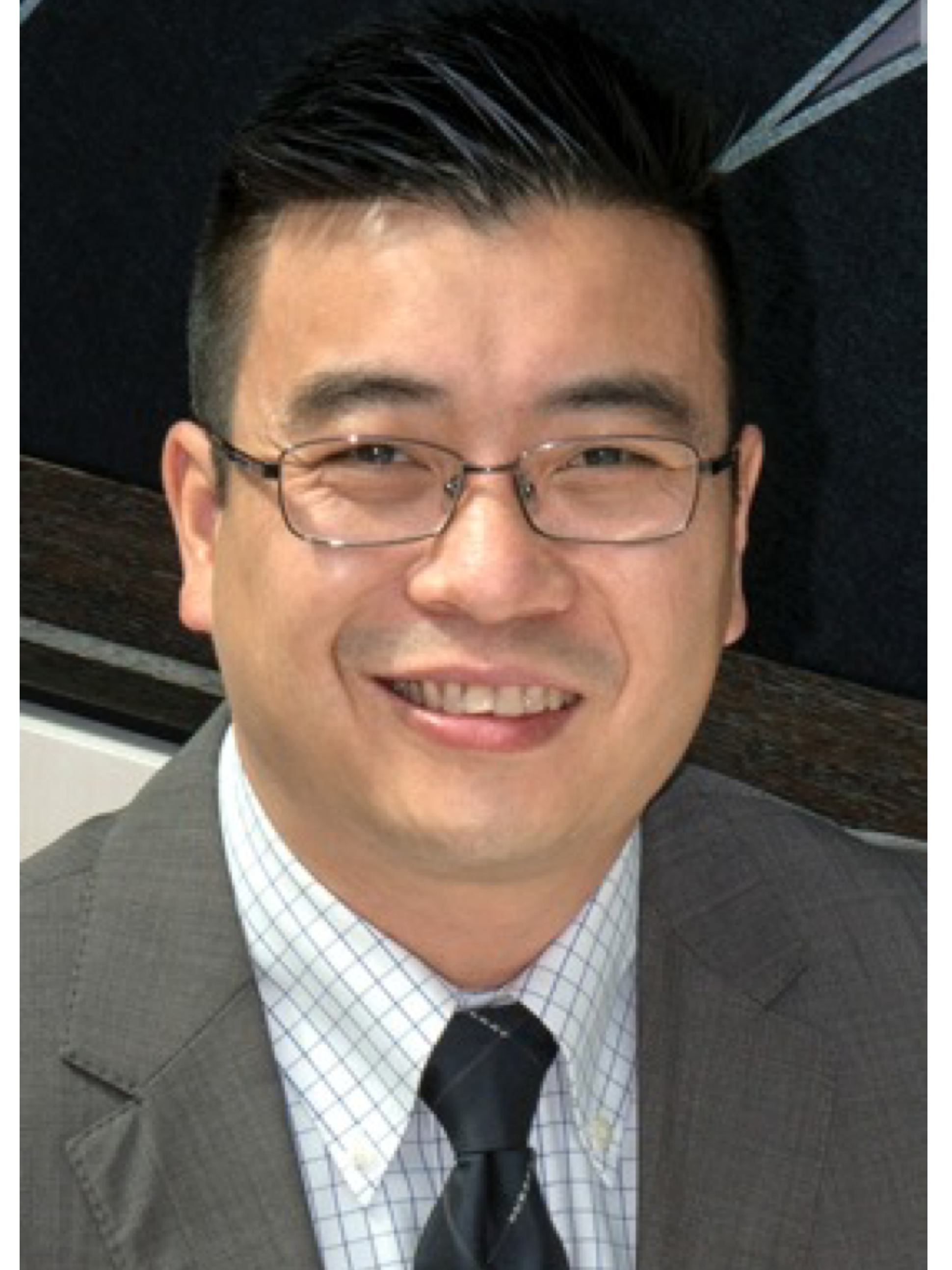
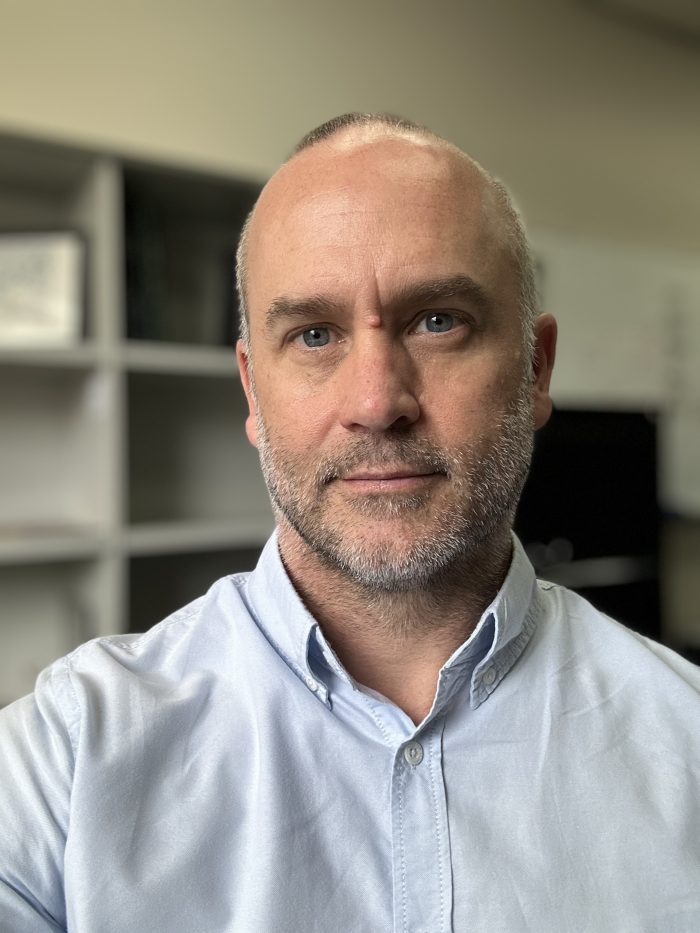
A/Prof. Benjamin Fraser
A/Prof. Benjamin Fraser
Professional:
A/Prof. Benjamin Fraser is the Organic Chemistry Task Leader and a Principal Radiochemist in NST Health at the Australian Nuclear Science and Technology Organisation. After obtaining his PhD at Monash University he worked as a drug discovery scientist at Biota Holdings, followed by post-doctoral work in United States at The Scripps Research Institute. Ben collaborates with scientists across Australia and internationally on the discovery and development of new radiopharmaceuticals.
Research:
A/Prof. Fraser's laboratories focus on the discovery and development of new radiopharmaceuticals utilising both imaging (Fluorine-18, Gallium-68, Iodine-123) and therapeutic (Lutetium-177, Lead-212, Terbium-161 and Hg-203) radioisotopes. New radiopharmaceuticals undergo in vivo characterisation in animal models of disease in collaboration with the ANSTO biology and imaging teams.

CIs
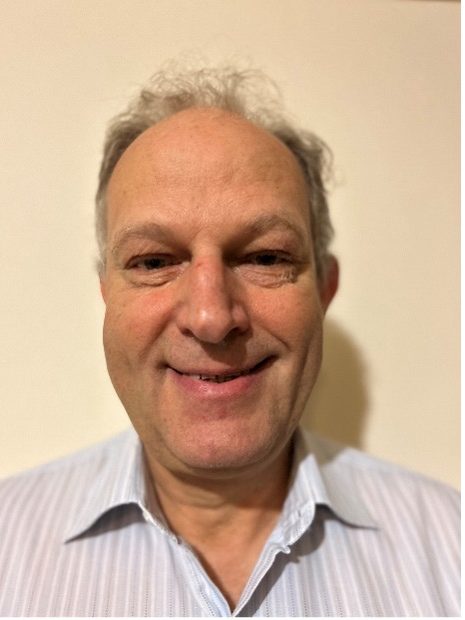
A/Prof. Uwe Ackermann
A/Prof. Uwe Ackermann
Professional Background:
A/Prof Uwe Ackermann is a senior radiochemist at Austin Health and the NIF Facility Fellow at the University of Melbourne. Uwe is an ACPSEM registered Radiopharmaceutical Scientist with more than 25 years of experience in the field.
Uwe has been awarded a PhD in chemistry from the University of Heidelberg, Germany. Before joining Austin Health, he did a Postdoc at Cornell University and worked as the Action TB Fellow for GlaxoSmithKline in Cape Town, South Africa.
Uwe has been supported by NHMRC, NBCF and other grants and has long standing relationships with academic and industry partners.
Research Interests:
Uwe focusses on the development of novel imaging agents in oncology and neuroscience. He has participated in many first in human studies of novel radiotracers and has a significant track record in radiosynthesis automation.


Dr. Karen Alt
Dr. Karen Alt
Professional Background:
Dr Karen Alt is laboratory head of the NanoTheranostics lab at the Australian Centre for Blood Diseases. Karen is widely recognised as a leader in molecular imaging for her research which employs innovative, multidisciplinary approaches and unique tools to enhance diagnostic imaging in various field of diseases.
Research Interests:
As a trained immunologist with more than 10 years of experience in health sciences research, Dr Alt is specialized in protein engineering, combining novel enzymatic and chemical protein modification techniques for molecular imaging. A central objective of her research is to develop imaging techniques to better understand the underlying mechanisms of different disease progression and the impact of therapy.


Prof. Philip Andrews
Prof. Philip Andrews
Professional Background:
Phil completed his PhD at the University of Strathclyde, in Glasgow and joined Monash as a Research Fellow in 1995 and was subsequently successful in being awarded a five-year ARC QEII Fellowship in 1997. He was appointed as a lecturer in the School in 2004. Prior to joining Monash Professor Andrews was an Alexander von Humboldt Fellow, at the Philipps Universität, Marburg, Germany, and he held a Royal Society Fellowship, at Griffith University in Queensland.
The highly esteemed chemist is a Fellow of both the Royal Society of Chemistry and the Royal Australian Chemical Institute. Phil is currently Professor and Interim Head of the School of Chemistry.
In 2020, Phil joined the Monash Centre to Impact AMR as a founding member and is helping drive the Centre's industry engagement strategy.
Research Interests:
Discovering new bioactive metal compounds as anti-inflammatory, antitumour and antimicrobial agents, development of new antimicrobial materials, synthesis of homo- and hetero-bimetallic metal cages and materials for medical imaging and therapeutics, and exploring metal-mediated anion rearrangements in main group organometallic complexes.
His main research areas of interest are:
- Main Group Organometallic Chemistry: Synthesis, Structure and Application
Novel chiral main group metal organometallic and amido complexes in asymmetric synthesis.
Synthesis and structural studies of homo- and hetero-bimetallic main group metal complexes.
Investigations into the synthesis, structure and stability of novel heavy p-block metal complexes. - Medical Imaging
New bismuth and rare-earth based contrast media for optical and radiographic imaging. - Medicinal Chemistry
Development of new bioactive bismuth compounds as anti-inflammatory, anti-tumour and anti-microbial
agents.
Development of new metallo-drugs for combating Leishmania.
Cellular uptake and bio-distribution of Bi(III). - Green and Sustainable Chemistry
Solvent-free and microwave assisted metal mediated syntheses.
New catalysts for sustainable chemistry.

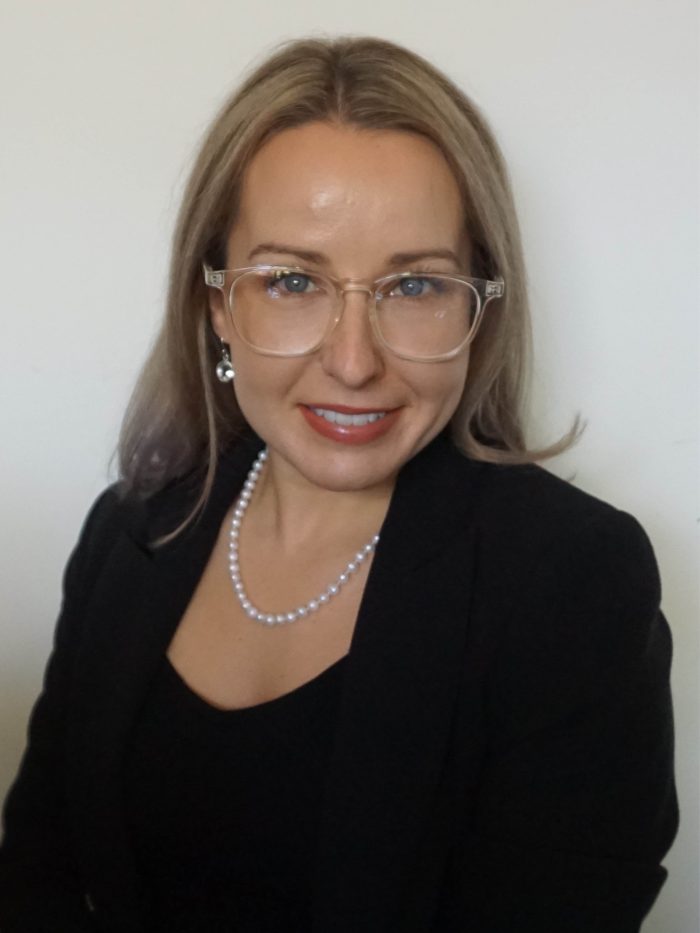
Dr. Maggie Aulsebrook
Professional Background:
Dr Maggie Aulsebrook is the Head of Radiochemistry at Monash Biomedical Imaging. Maggie has worked in Europe, the United States and Australia with extensive experience in FDA and TGA licensed environments for the supply of sterile radiopharmaceuticals in the private and public health sectors. Maggie holds a PhD in chemistry and has authored multiple peer-reviewed publications in leading scientific journals.
Research Interests:
Dr Aulsebrook’s research focuses on the development and clinical translation of novel radiopharmaceuticals in regulated environments. New technologies of interest include those which utilise new biological targets and non-routine radionuclides. New and improved tools for the diagnosis and treatment of debilitating diseases is crucial to ensure a greater level of patient care.


Prof. Philip Chan
Prof. Philip Chan
Professional Background:
Professor Philip Chan is the Associate Head (Postgraduate Research) at the School of Chemistry, Monash University and “New Methodologies for Radiofluorination” theme leader of the ARC Development of Advanced Radiochemical Technologies (DART) Industrial Transformation Training Centre. Since graduating with his D.Phil. degree from the University of Oxford, Philip has developed over 115 new catalytic methods for the concise and efficient synthesis of complex molecules and their applications in other fields ranging from medicine to materials science. He has been well supported by ARC Discovery Project grants and maintains several ongoing and highly productive collaborations with various and academic and industry partners.
Research Interests:
The Chan Lab is focused on the discovery and understanding of new and sustainable reactions through the power of homogeneous catalysis and their application to the synthesis of bioactive compounds and functional materials. To achieve these aims, research in the group is centred on the three main areas of organocatalysis, and transition metal and photoredox catalysis. Included in this is the design and realisation of new synthetic methods that can selectively radiolabel peptides and peptidomimetics as well as bioconjugation and targeting strategies.


Prof. Paul Donnelly
Professional Background:
Professor Donnelly leads a research group that is based in the School of Chemistry and Bio21 Molecular Science and Biotechnology Institute.
Research Interests:
Professor Donnelly is a chemist with expertise in inorganic chemistry, synthetic chemistry, radiochemistry and biological chemistry. Aspects of his research centre on the design and synthesis of new metal compounds for application in biology.

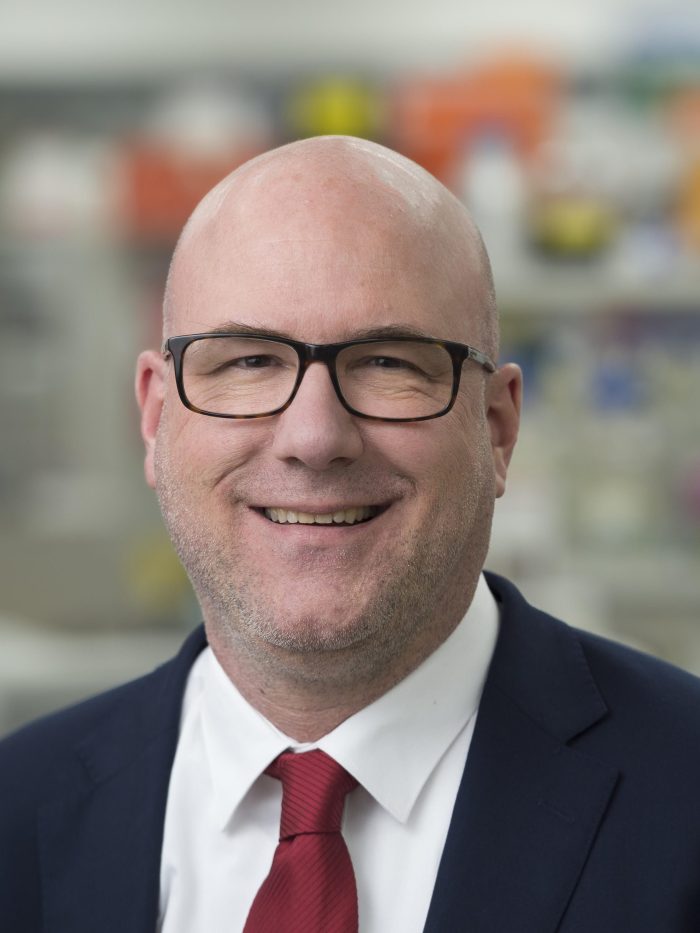
Prof. Christoph Hagemeyer
Prof. Christoph Hagemeyer
Professional Background:
Prof Christoph Hagemeyer is the Director of Monash Biomedical Imaging (MBI) and Head of the NanoBiotechnology Laboratory at Monash’s School of Translational Medicine. He studied Chemistry in Germany and obtained a PhD in Biochemistry from the University of Freiburg (Germany) for contributions to the field of Cytochrome P450 metabolism in the brain. As a postdoctoral fellow, he worked in the field of Magnetic Resonance Imaging (MRI) at the “Centre national de la recherche scientifique” in Bordeaux (France) before migrating to Australia in 2005. He has extensive expertise vascular biology, molecular imaging, recombinant antibodies, and nanotechnology and has been supported throughout his career by national and international fellowships and grants.
Research Interests:
The Hagemeyer Lab has particular expertise in the use of small recombinant single-chain antibodies for molecular imaging and drug delivery. The group has published widely in leading journals (Circ Res, Adv Mater, Angew Chem..) on cardiovascular research developing anti-thrombotic fusion proteins and novel imaging probes for MRI, Ultrasound and Positron Emission Tomography. The lab has been supported by NHMRC, ARC, and JDRF grants as well as several other grants in competitive schemes.


Prof. Craig Hutton
Prof. Craig Hutton
Professional Background:
Craig Hutton is a Professor in the School of Chemistry and Associate Dean (Infrastructure) in the Faculty of Science at The University of Melbourne. He undertook his undergraduate and PhD degrees at the University of Adelaide before completing postdoctoral studies at the University of California, Berkeley and The University of Melbourne. He started his independent academic career at The University of Sydney before returning to The University of Melbourne.
Research Interests:
The Hutton Lab research interests include the development of novel synthetic methods for the assembly and functionalization of peptides, and the chemical biology of cyclic peptide natural products. DART Centre projects will focus on the development of radiolabelled amino acids and peptides for cancer imaging.

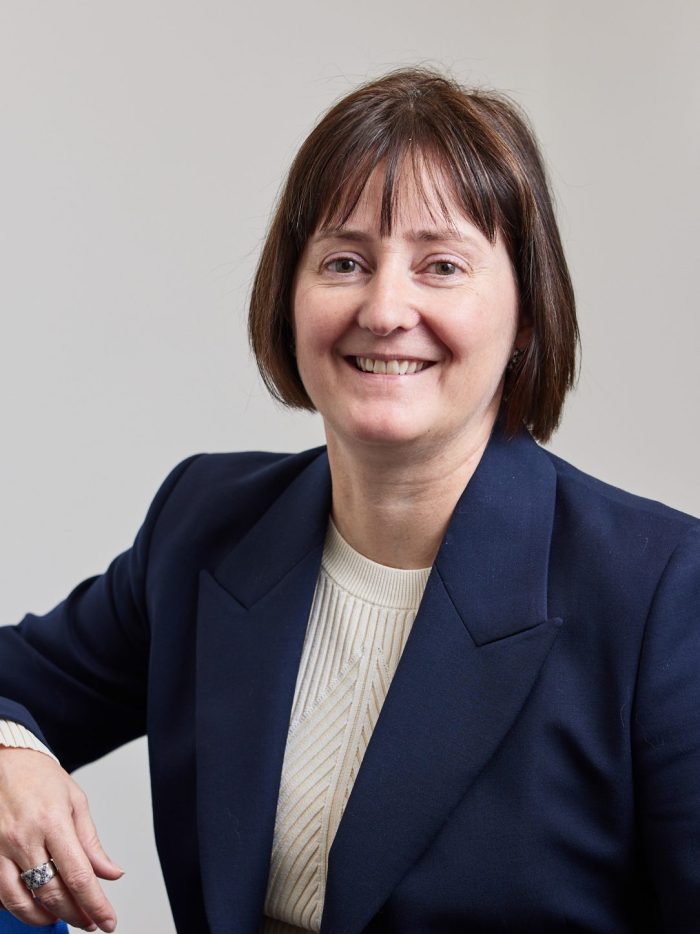
Prof. Michelle McIntosh
Prof. Michelle McIntosh
Professional Background:
Professor Michelle McIntosh is a distinguished professor in the Department of Pharmaceutical Sciences at Monash University and the Director of the Medicines Manufacturing Innovation Centre. She has made significant contributions to the field of drug delivery, with a particular focus on improving access to essential medicines in resource-limited settings. Michelle earned her PhD in Pharmaceutical Sciences from Monash University and has since built a career marked by innovative research and impactful collaborations.
Research Interests:
Professor McIntosh's research centres on the design and development of novel drug delivery systems aimed at enhancing the efficacy and accessibility of therapeutic agents. Her work in inhalable oxytocin is a groundbreaking endeavour that addresses critical challenges in maternal health, particularly in low-resource settings. The McIntosh Lab is dedicated to advancing drug delivery technologies, exploring new formulations, and improving the stability and bioavailability of pharmaceuticals. Michelle's projects are characterised by their potential for real-world impact and their alignment with global health priorities.

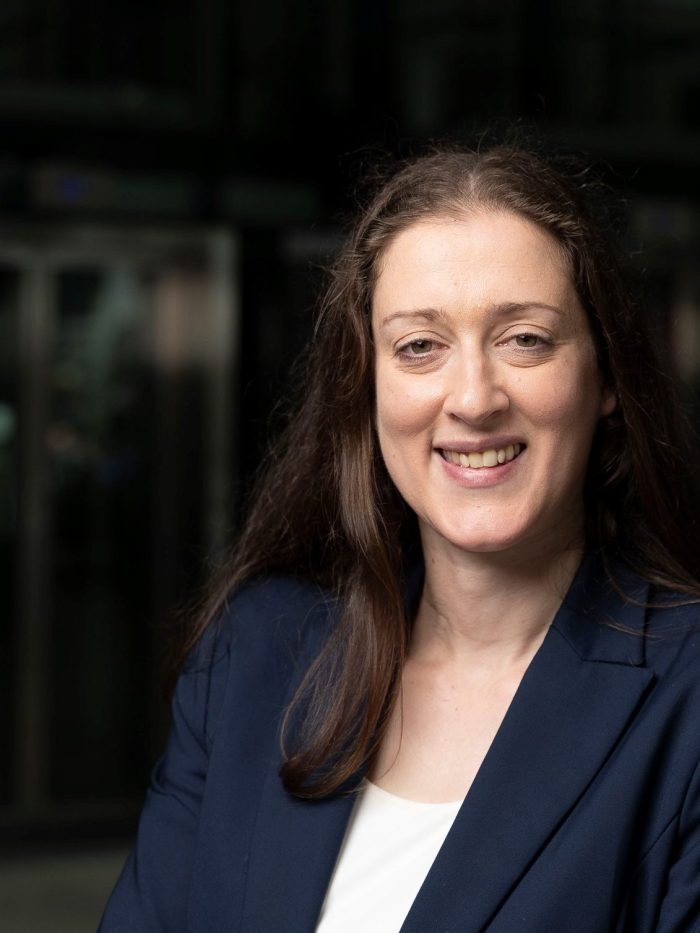
Prof. Elizabeth New
Prof. Elizabeth New
Professional Background:
Prof. Elizabeth (Liz) New completed PhD studies at Durham University (UK) and a Postdoctoral Fellowship at the University of California, Berkeley. Her research is currently funded by the ARC, NHMRC and Human Frontier Science Program, and she is Chief Science & Technology Officer for Fluorescentia, which is commercialising her assay for therapeutic drug monitoring.
Research Interests:
Liz's research group develops small molecule fluorescent sensors and sensor arrays for biological, clinical and environmental applications. Their technologies have been adopted by >50 labs across the globe and several probes and assays have been commercialised. Of relevance to the DART centre, the group develops multimodal imaging probes, including agents for F-19 PET studies, and investigates the effects of bioactive compounds on the cellular environment.


Prof. Louis Rendina
Professional Background:
Prof. Louis M. Rendina is a Professor of Chemistry and Associate Head of Research Education at The University of Sydney, Fellow of the Royal Australian Chemical Institute (RACI), Fellow of the Royal Society of NSW, and Fellow of the Royal Society of Chemistry (UK). He is also a Deputy Director and Node Leader of the ARC Development of Advanced Radiochemical Technologies (DART) Industrial Transformation Training Centre. Lou has an international reputation for original, impactful research and sustained excellence in synthesis and the medicinal inorganic chemistry of boron, lanthanoid metals, and radiometals.
Research Interests:
The Rendina Lab is internationally recognised for the synthesis of new molecules containing boron or lanthanoid metals for applications in medicine. The group is particularly interested in exploiting the unique properties of these elements in cutting-edge cancer therapies. The group is also interested in their incorporation into unique molecular scaffolds for binding to important biological receptors, selective localisation within sub-cellular components such as mitochondria, or as advanced materials. DART Centre projects focus on the radiolabelling of our unique cancer cell targeting groups for application as cancer radiotheranostic agents, as well as novel disease targeting strategies.
University of Sydney Researcher Profile
Twitter: @GroupRendina

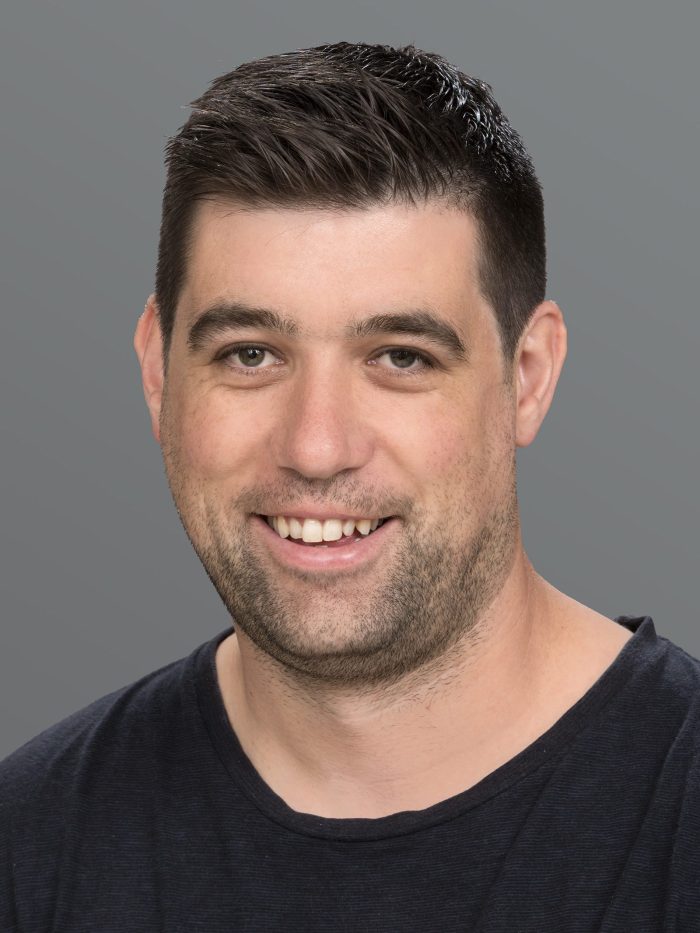
Dr. Chris Ritchie
Professional Background:
I completed my PhD in 2008 from the University of Glasgow, Scotland. I then completed a post-doc and an ARC DECRA fellowship at The University of Melbourne and an ARC Future Fellowship at Monash University where I'm currently a Senior Lecturer.
Research Interests:
We are a synthetic research group with broad interests spanning inorganic and organic chemistry. Our focus is currently on the development of new hybrid molecules/materials with fluorescent, photochromic and sensing properties.
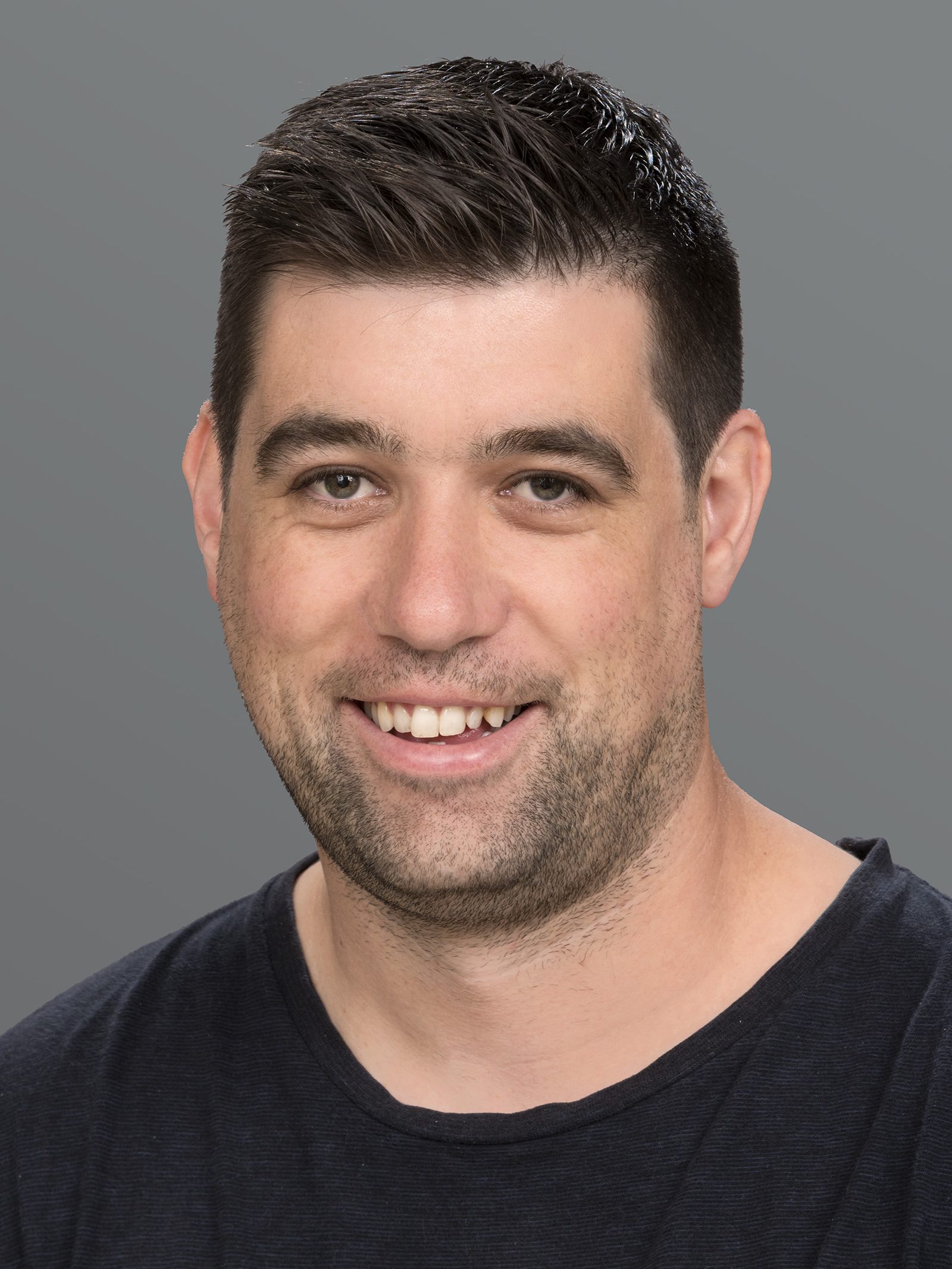

Prof. Andrea Robinson
Professional Background:
Prof Andrea Robinson is the Deputy Head of School for Chemistry at Monash University and Director of the ARC Development of Advanced Radiochemical Technologies (DART) Industrial Transformation Training Centre. Between her PhD from Monash and returning as a professor, Andrea worked at DuPont Merck Pharmaceutical Company in the USA. Andrea has been well supported by ARC and NHMRC project grants and has deep, long-standing relationships with various industrial partners which results in highly productive collaborations.
Research Interests:
The Robinson Lab is focused on chemical biology and catalysis research with real-world applications to spirocyclic alkaloids, venoms and insulin. Designing new analogues to improve biological potency, selectivity and understanding mechanisms of action are a focus for the group. DART Centre projects focus on radiolabeling peptides and peptidomimetics as well as bioconjugation and targeting strategies.


Prof. Peter Rutledge
Professional Background:
Prof Peter Rutledge is Head of the School of Chemistry at the University of Sydney. He completed his BSc and MSc degrees at the University of Auckland and a DPhil at Oxford. He held a postdoctoral fellowship and college lectureship at the Dyson Perrins Lab in Oxford, then a lectureship in the Centre for Synthesis and Chemical Biology in Dublin, before relocating to Sydney with his group in 2006.
Research Interests:
The Rutledge Group's research spans antimicrobial discovery and medicinal chemistry, biosynthesis and biocatalysis, enzyme evolution, molecular sensors, and science communication, supported by $5 M in research grant income to date from sources including the ARC, NHMRC, NBCF, CSIRO, and Science Foundation Ireland. DART Centre projects focus on design and synthesis of metal-binding agents for targeted radionucleide delivery.


Prof. Kellie Tuck
Prof. Kellie Tuck
Professional Background:
Prof. Kellie Tuck is a T&R academic in the School of Chemistry and is the Associate Head – International Affairs. She obtained her PhD from the University of Adelaide and subsequently held postdoctoral research positions at the University of South Australia, Australia, and the University of Cambridge, UK, before returning to Australia. She is engaged in a number of interdisciplinary research programs that combine organic chemistry with analytical chemistry, chemical engineering, and/or biology.
Research Interests:
Her group’s research program focusses on the synthesis of functional molecules for diverse applications, spanning supramolecular chemistry, medicinal chemistry, and sustainable surfactant development. DART Centre projects focus on novel bifunctional chelators for imaging applications, and the development of theranostic agents.


A/Prof. David Turner
Professional Background:
Associate Professor David Turner works in the School of Chemistry at Monash University. After completing his undergraduate and PhD at King's College London, he held successive fellowships (ARC and AINSE) at Monash before being appointed to staff.
Research Interests:
The Turner lab centres on metallosupramolecular and coordination chemistry. In particular they are currently interested in chiral coordination cages, providing unique nano-environments sheltered from bulk solution. DART Centre projects focus on radiolabelling cages to act as delivery or therapeutic agents and/or carrying labelled payloads.

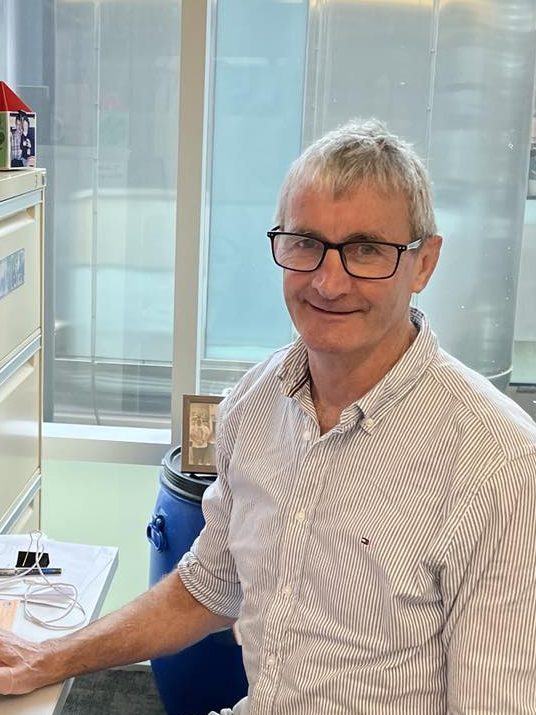
Prof. Jonathan Michael White
Professional Background:
Honorary Professor of Organic Chemistry at The University of Melbourne.
Research Interests:
Interest in radiopharmaceutical, physical organic chemistry and structural organic chemistry.

PIs
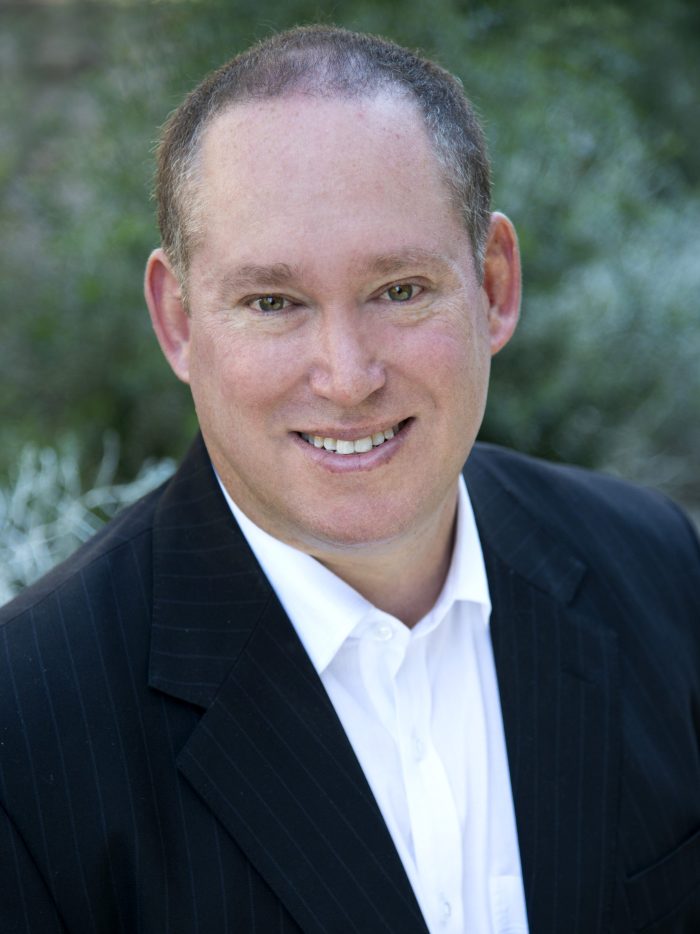
Dr. Douglas Campbell
Professional Background:
Douglas is the Head of Research and Development at GlyTherix and leads the scientific team. He has 20 years of experience in biomedical research with a particular focus on drug development and oncology. He led the development of the Miltuximab anti-GPC-1 monoclonal antibody from preclinical studies to First in human clinical trials, and has previously been involved in the development of a novel antibody for the treatment of multiple myeloma (MDX-1097) from pre-clinical to Phase 2 clinical trials. Douglas has been supported by ARC, NHMRC Development Grants together with Commercial Ready, Commercialisation Australia and CRC-P grants.
Research Interests:
GlyTherix is focussed on the theranostic Miltuximab monoclonal antibody for the treatment of solid cancers. The team has expertise in monoclonal antibody development, preclinical studies to support first in human clinical trials and the development of radiolabelled antibodies for cancer. The laboratory is based at Macquarie University in Sydney.


A/Prof. Benjamin Fraser
A/Prof. Benjamin Fraser
Professional:
A/Prof. Benjamin Fraser is the Organic Chemistry Task Leader and a Principal Radiochemist in NST Health at the Australian Nuclear Science and Technology Organisation. After obtaining his PhD at Monash University he worked as a drug discovery scientist at Biota Holdings, followed by post-doctoral work in United States at The Scripps Research Institute. Ben collaborates with scientists across Australia and internationally on the discovery and development of new radiopharmaceuticals.
Research:
A/Prof. Fraser's laboratories focus on the discovery and development of new radiopharmaceuticals utilising both imaging (Fluorine-18, Gallium-68, Iodine-123) and therapeutic (Lutetium-177, Lead-212, Terbium-161 and Hg-203) radioisotopes. New radiopharmaceuticals undergo in vivo characterisation in animal models of disease in collaboration with the ANSTO biology and imaging teams.

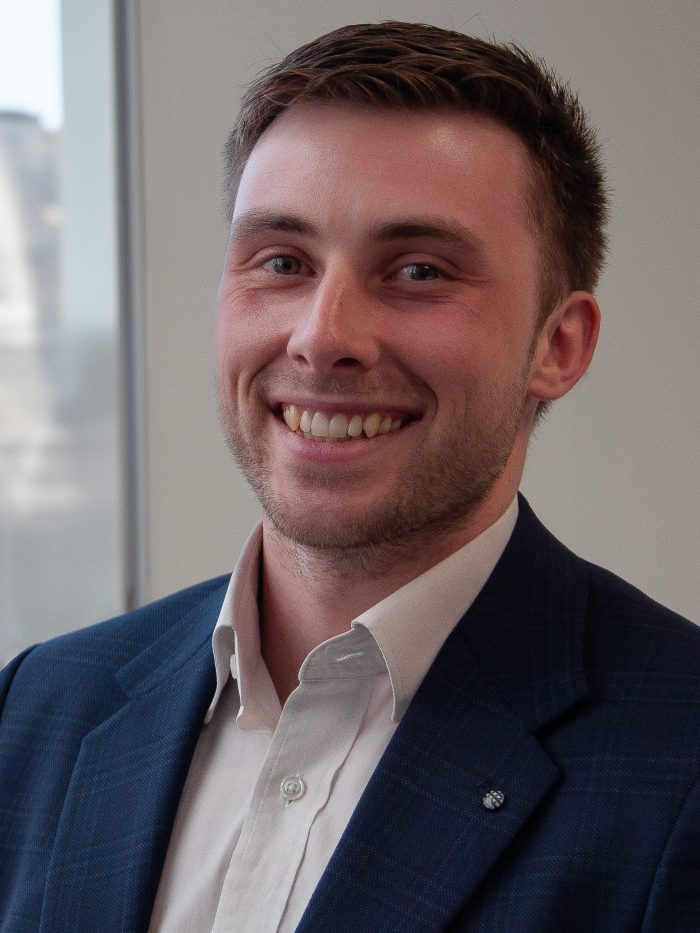
Sam Graf
Professional Background:
Sam Graf is Head of Innovation and Partnerships at Cyclotek. Following the completion of his Master of Science at the University of Melbourne, Sam worked at the Peter MacCallum Cancer Centre as a Clinical Trial Coordinator. In 2022, Sam joined the team at Cyclotek to manage Cyclotek’s R&D projects and industry-academia collaborations.
Research Interests:
Sam completed his Master of Science under Professor Paul Donnelly at the University of Melbourne. There, his research focused on the synthesis and characterisation of novel Rhenium based theranostics for the diagnosis and treatment of prostate cancer. At Cyclotek, Sam has been involved in various research projects involving the translation of novel small molecules and antibody fragments for the diagnosis and treatment of multiple diseases.

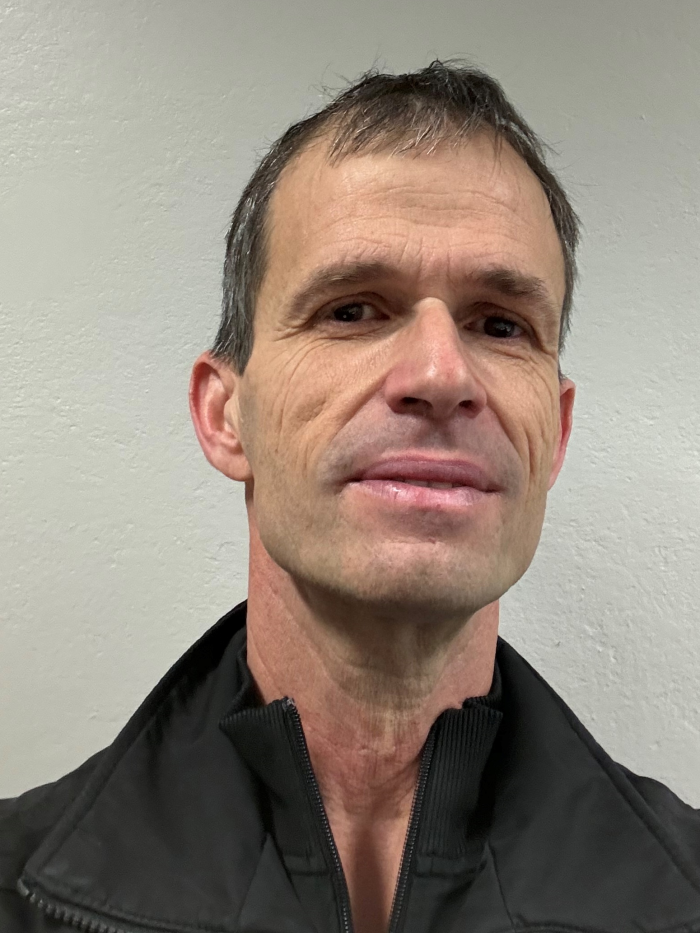
Dr. Ivan Greguric
Dr. Ivan Greguric
Professional Background:
Since joining ANSTO in 2000 as a postdoctoral research fellow, Ivan has been a key player in the field of radiochemistry. His expertise lies in the development of diagnostic radiopharmaceuticals using F-18, Tc-99m, and I-123 radioisotopes. In 2003, he was appointed as a Radiochemist and, in 2010, he took on the role of Head of Radiochemistry. In this capacity, Ivan has successfully managed a team of radioisotope and radiopharmaceutical scientists, overseeing the delivery of technologies and products to institutional, academic and industry partners.
Research Interests:
Ivan leads a team of radiochemistry scientists at ANSTO. Team research interests include advanced manufacture, radioisotope separations, and theranostic radiopharmaceuticals. The aim of the team is to develop and translate radioisotopes and radiopharmaceuticals for preclinical and clinical evaluation. These research themes primarily utilise therapeutic radioisotopes from the OPAL research reactor, e.g., Lu-177, Tb-161, and I-131, with plans to expand the set of radioisotopes. The research programs intend to develop sovereign radiochemistry capability to support clinical researchers and ANSTO’s nuclear medicine business.
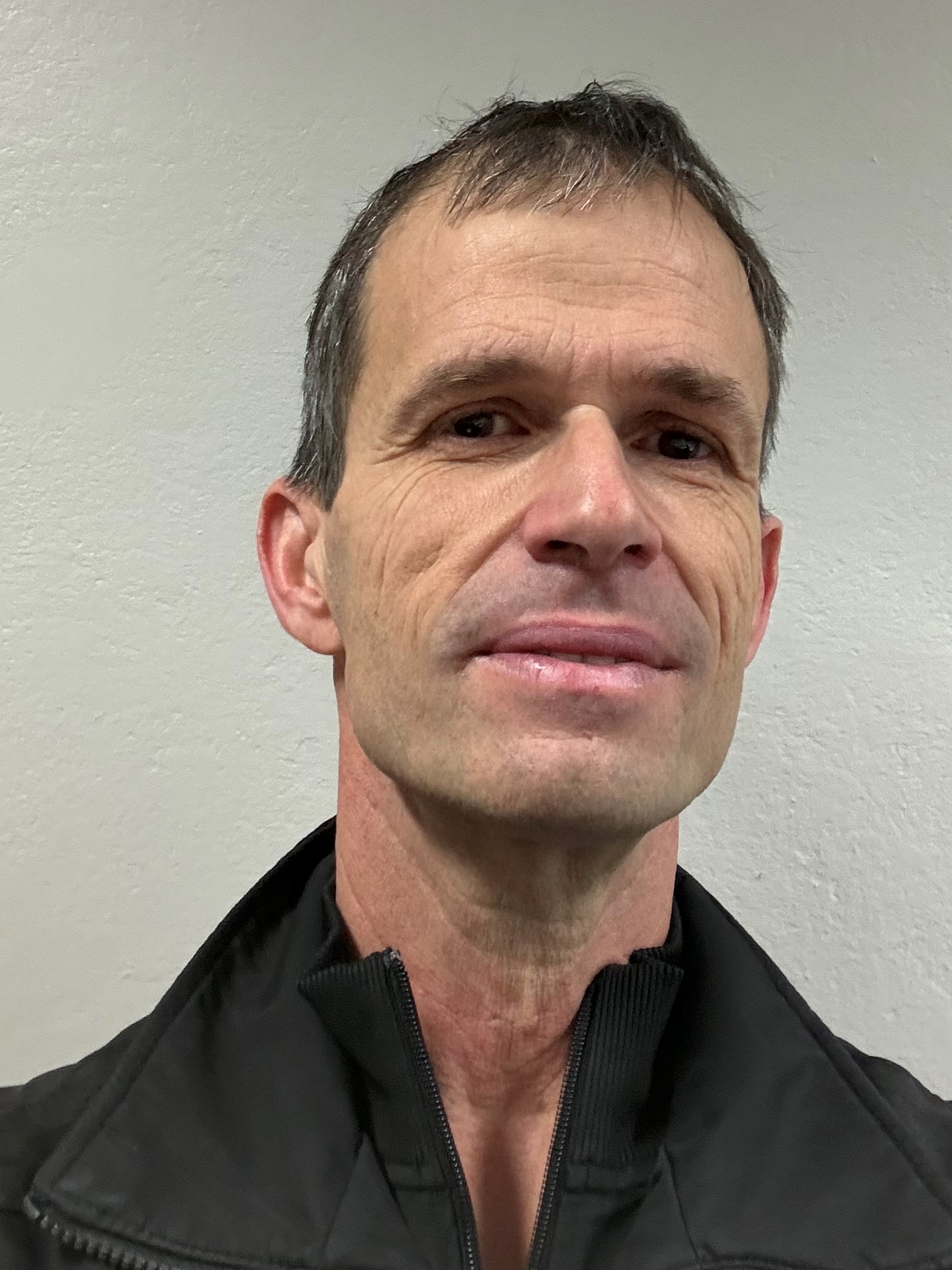

Prof. Dr. Klaus Kopka
Prof. Dr. Klaus Kopka
Professional Background:
Univ.-Prof. Dr. Klaus Kopka (HZDR, Germany) is a radiopharmaceutical chemist and holds a full professorship (W3) for Bioinorganic and Radiopharmaceutical Chemistry at Technical University Dresden, Germany, which is combined with the directorship of the Institute of Radiopharmaceutical Cancer Research at Helmholtz-Zentrum Dresden-Rossendorf [HZDR]. Between 2013 and 2019 he held a W3 position at Ruprecht-Karls-University of Heidelberg, Germany. At the same time he was head of the Division of Radiopharmaceutical Chemistry at the German Cancer Research Center [DKFZ] in Heidelberg. In 2018 Klaus Kopka was honoured together with his colleagues Michael Eisenhut, Matthias Eder and Uwe Haberkorn with the highly recognized “The Stifterverband Science Award – Erwin Schrödinger Prize” of the Helmholtz Association.
Research Interests:
He was involved in the development of the theranostic prostate-specific membrane antigen (PSMA)-targeting radiotracers, i.e. PSMA-617 (approved as Pluvicto), PSMA-914 and PSMA-1007 (approved as Radelumin). His current research interests focus on radiopharmaceutical drug development; radiopharmaceutical sciences; medicinal radiochemistry; radionuclide production and radionuclide theranostics; targeted endoradiotherapy; noninvasive molecular imaging. His scientific output includes 269 publications, corresponding to 13,144 citations (h-index 57) (Scopus, 16-July-2024).

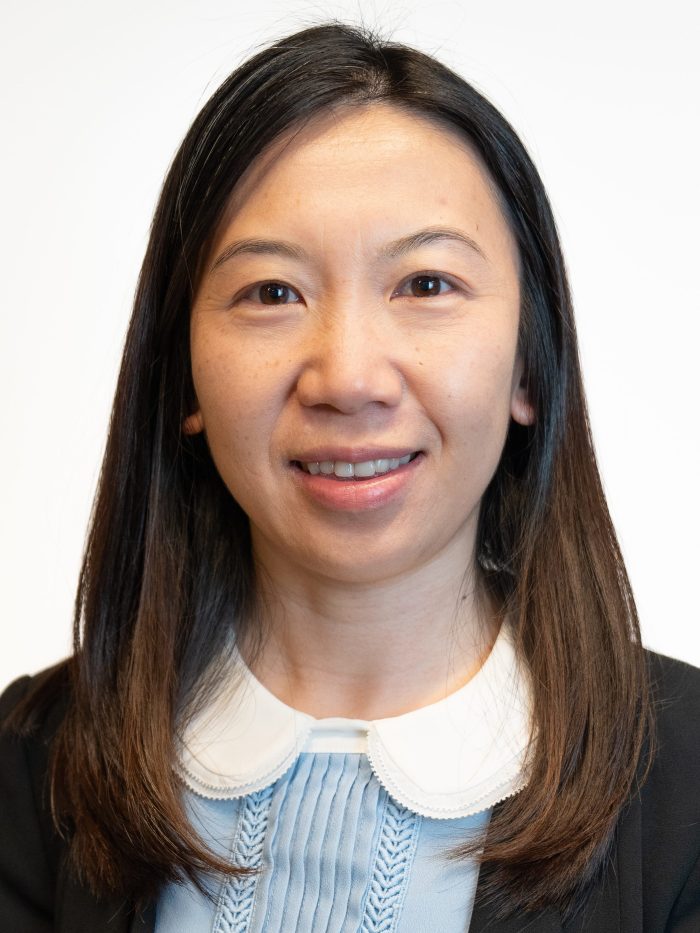
Dr. Loan Le
Dr. Loan Le
Professional Background:
Loan completed her PhD at the University of Sydney in 2013 and then undertook postdoctoral training at Westmead Institute for Medical Research (2013-2017) and the University of Sydney (2017-2019). In November 2019, Loan joined ANSTO as a Biologist in the Biosciences Platform and in 2020, she was appointed Manager of Biology & Preclinical Imaging. In her current role, she leads and manages biologists, imaging scientists and infrastructure, to undertake biological research in radiopharmaceutical translation, radiation biology and radiotracer studies.
Research Interests:
Loan has over ten years of experience in developing cell- and non-cell-based therapies for heart diseases and investigating the mechanism of actions of treatments. Loan and her team’s current research focus is on the preclinical characterisation of radiopharmaceuticals that incorporate radioisotopes from the OPAL multi-purpose reactor (such as Tb-161, Lu-177, I-131). The effectiveness of radionuclide therapies is evaluated by using biological assays, in-vitro/in-vivo disease models and nuclear imaging technologies. Loan also has a research interest in the radiobiology of molecular radionuclide therapy. A particular goal is to understand the mechanisms by which a- and b-emitting radioisotopes modulate the tumour microenvironment and associated biomarkers, in order to optimise existing and new radionuclide therapy strategies.
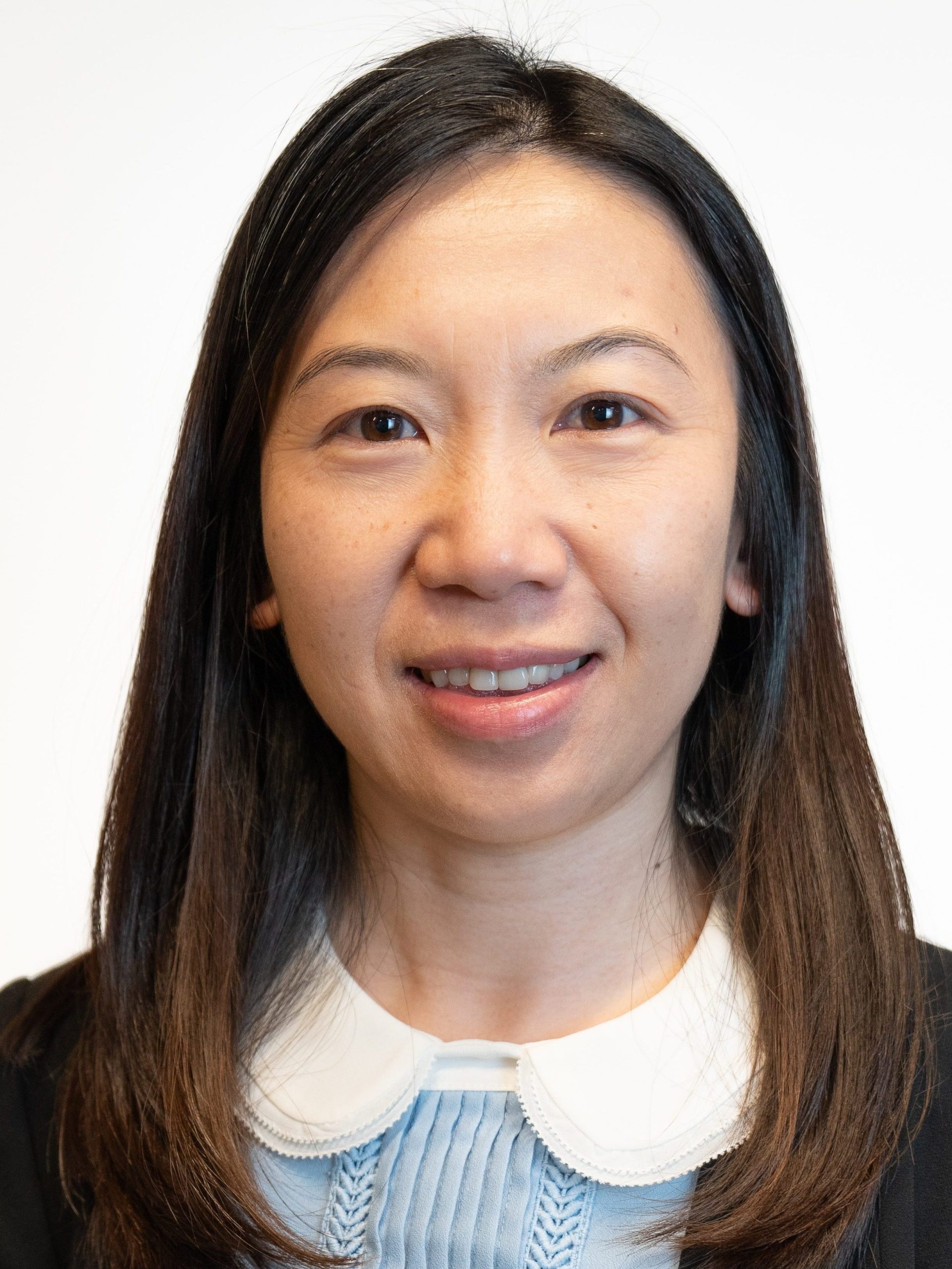
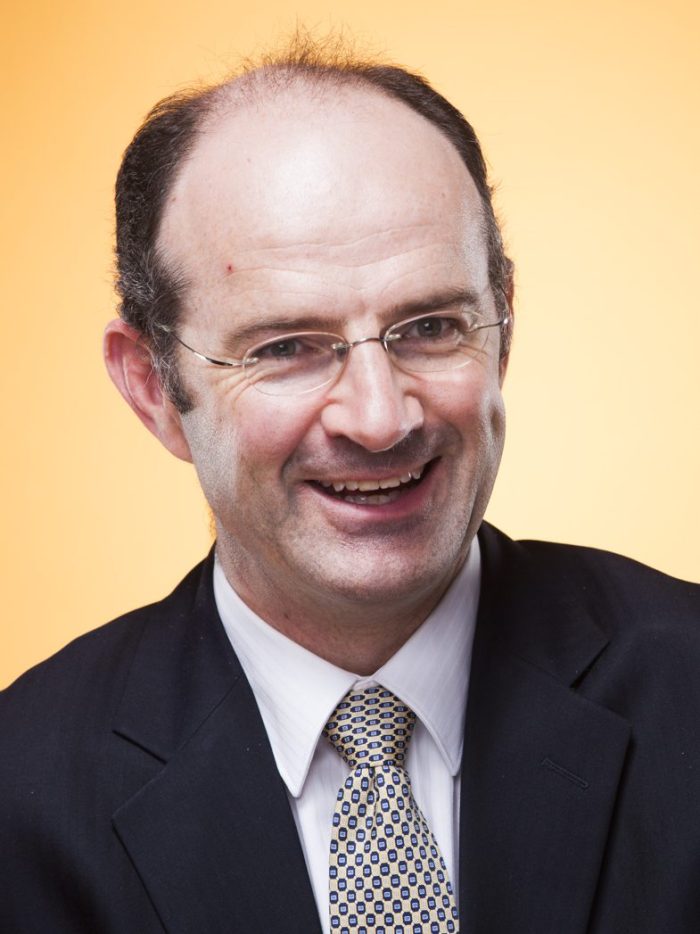
Dr. Tim Oldham
Professional Background:
Tim has more than 20 years experience in a wide range of strategic leadership, business development, capital raising and commercialisation roles in biotechnology and life sciences businesses across Asia Pacific and Europe. His product experience includes biologics, cell and gene therapies, generics and medical devices.
Research Interests:
Tim completed his BSc(Hons)/LLB(Hons) at ANU and PhD in photodynamic therapy at Imperial College, London. His commercial career has incorporated impact in business innovation and new product development, including research and product development strategies. Specific examples include conceiving low cost infusion management devices for the China market, interim head of R&D for a bioseparation business, and strategic leadership of AdAlta Ltd, a drug discovery and development company utilising a novel therapeutic protein platform to "go where antibodies cannot".

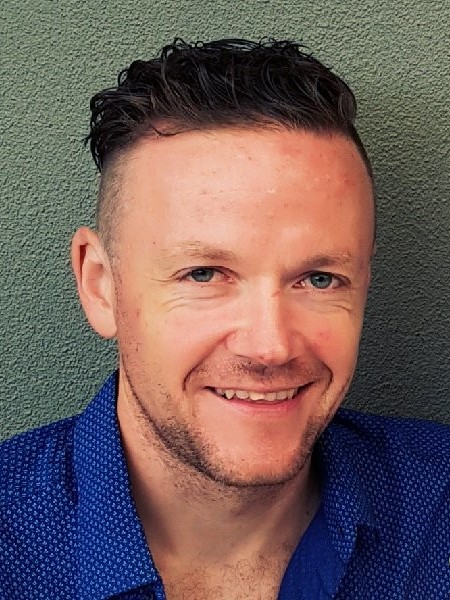
Stan Poniger
Professional Background:
Solid Targetry manager at Austin Hospital from 2012 to 2021. Cyclotron engineer at the Austin Hospital from 2001 to 2012. Bachelor in Medical Biophysics and Instrumentation.
Research Interests:
Co-founded iPHASE technologies in 2003 and CEO.

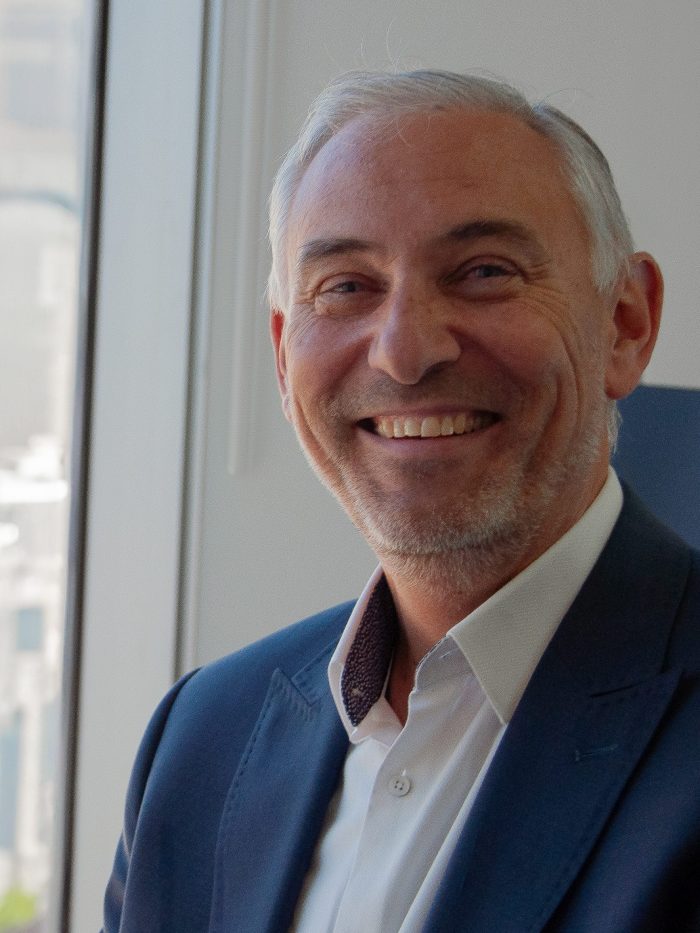
Greg Santamaria
Professional Background:
Greg Santamaria is the Co-Founder, Director and CEO of Cyclotek. Over multiple decades Greg has gained extensive experience in business development and operations, asset management and finance structuring. Greg holds several board and consultancy positions within private companies in the fields of healthcare, manufacturing, wholesale and finance. Since 2016 Greg has been CEO of the Cyclotek group, which compounds and distributes diagnostic and therapeutic radiopharmaceuticals across Australia and New Zealand.
Research Interests:
Throughout his time at Cyclotek, Greg has executed a number of research projects in
collaboration with industry and academic partners. Between 2005 and 2012, Greg led the Cooperative Research Centre for Biomedical Imaging Development, an 8-year project that aimed to develop targeted radiopharmaceuticals for the diagnostic imaging of cancer, culminating in three first in human clinical trials. With his Innovation team, Greg now manages multiple research and development programs that aim to translate novel radiolabelling methods and targeting vectors into commercially viable theranostic products.

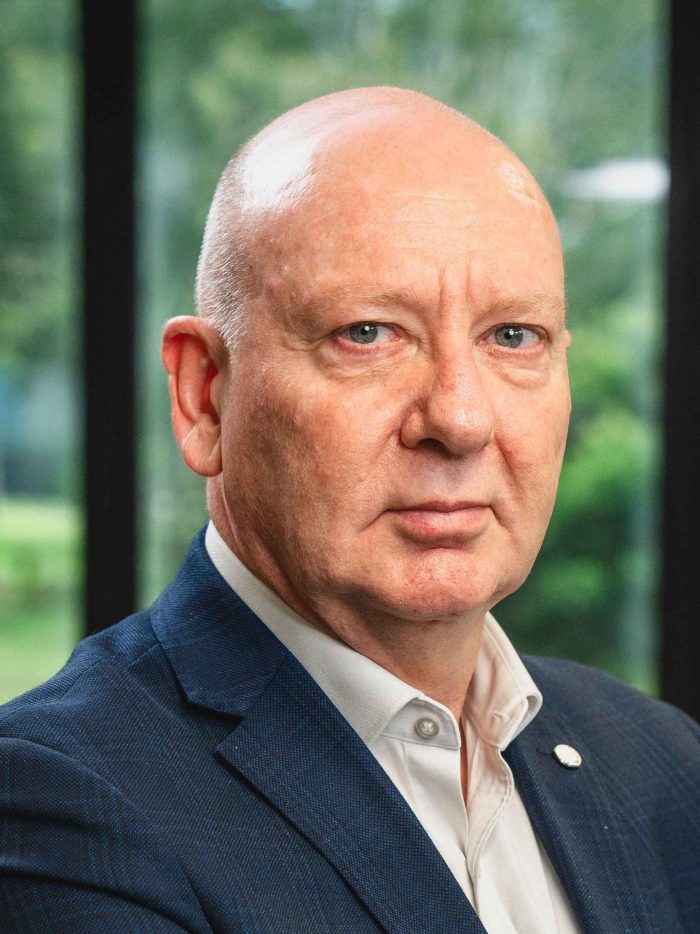
Dr. Brad Walsh
Professional Background:
Dr. Brad Walsh is Chief Executive Officer and Managing Director of GlyTherix Ltd, a Sydney-based biotechnology company specialising in immuno-oncology. He founded GlyTherix to bring to market an innovative antibody for treatment of solid tumours from cancers such as prostate, glioblastoma, bladder, pancreas, lung, mesothelioma, ovarian and esophageal. Dr Walsh has led the company’s scientific and business development, raising capital to bring the company to successful completion of a First-in-Human safety study of Miltuximab®, its lead compound. The company is currently planning a Phase1 trial to be conducted in Australia.
Research Interests:
Dr. Walsh’s career in biotechnology began with a PhD in protein chemistry. Over the following years he led research groups in government agencies, universities and hospitals and was a key part of the establishment of a major national research facility, APAF. He continues to be active in research collaborations and academic supervision and was a joint recipient of one of Australia’s most prestigious awards, a Eureka Prize, for Interdisciplinary Research in 2015. He has co-authored over 125 peer reviewed papers and book chapters and nine patents. He is a strong supporter of internship opportunities for students, serving as an Industry Mentoring Network in STEM mentor since 2017.

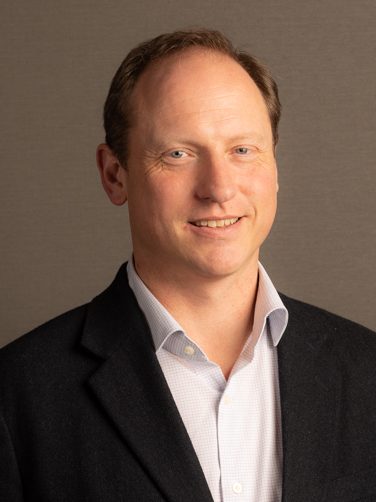
Dr. Michael Wheatcroft
Professional Background:
Since completing a PhD in UK at Cambridge University, and starting my career with Cambridge Antibody Technology (Medimmune, UK) to my current role at Telix Pharmaceuticals, I have been fortunate to have worked in a number of technical or research roles with biotechnology industry leaders in precision medicine. I have also worked in senior development roles at a number of successful smaller companies including Medicines Development Limited, Hatchtech and Starpharma Limited; performing activities related to GMP clinical manufacture, clinical study support and nonclinical studies and research for a range of pharmaceutical and medical device products.
Research Interests:
I oversee a research team involved in the development of novel theranostics (including biologics, engineered antibodies, bioconjugates, peptides and small molecules) and researching the role of targeted radiation to address unmet needs in oncology. This covers a broad number of topics from identifying new cancer targets/targeting agents, optimisation of radiobiologic outcomes, evaluating the impact of drug combinations on tumour biology / immuno-oncology, developing radiation-/fluorescent-guided surgical technologies and exploring novel radioisotope chelators & payloads. I am inspired by the potential of combining the innovative ideas from academia with the resources & knowledge of drug development from industry to develop new drugs that benefit patients.

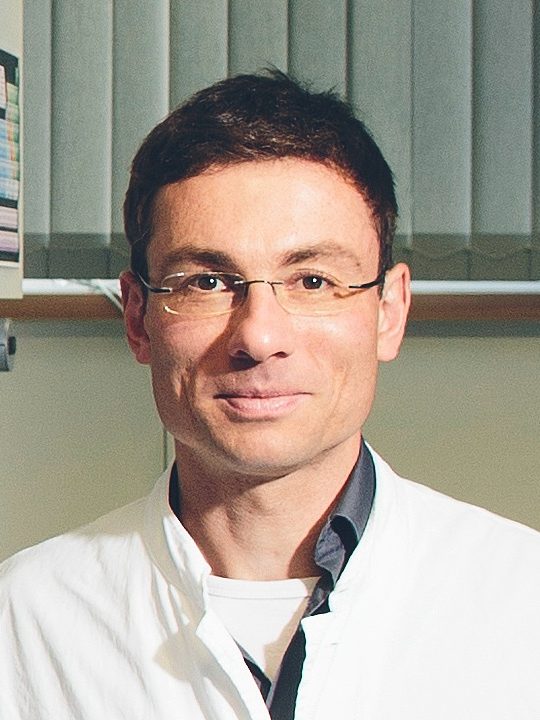
Dr. Kristof Zarschler
Dr. Kristof Zarschler
Professional Background:
Kristof Zarschler completed his university studies in Biology at the
Technische Universität Dresden (TUD), Germany in 2005 and received his PhD
with distinction from the Department of Nanobiotechnology at the University
of Natural Resources and Life Science Vienna (BOKU), Austria in 2009. Before
joining the Institute of Radiopharmaceutical Cancer Research (IRCR) of the
Helmholtz-Zentrum Dresden-Rossendorf (HZDR) in 2011, Kristof was a
postdoctoral research associate at the Institute for Genetics of the TUD
(2010-2011). Kristof is currently research associate at the Department of
Medicinal Radiochemistry of the IRCR working on the biological evaluation
and modulation of targeted, radiometal-based bioconjugates.
Research Interests:
Kristof's research focus is on the in-depth biological characterization and
pharmacological evaluation of novel radiopharmaceuticals based on small
molecules, peptides and antibody derivatives. Hereby, the individual
building blocks (e.g. radiometals, chelators) as well as the conjugates as a
whole are analyzed in depth regarding their in vitro stability, their
effects on cell signaling and health as well as their multifaceted
interactions with biomolecules and cells. Our fundamental aim is to
understand the biology of such materials and to shed light on involved
molecular mechanisms and use the knowledge gained for rationally improving
their design in that respect. Building up on these studies, we are also
working on precise engineering and tailoring of different kinds of
bioconjugates for their application as diagnostic tools and therapeutic
agents.






